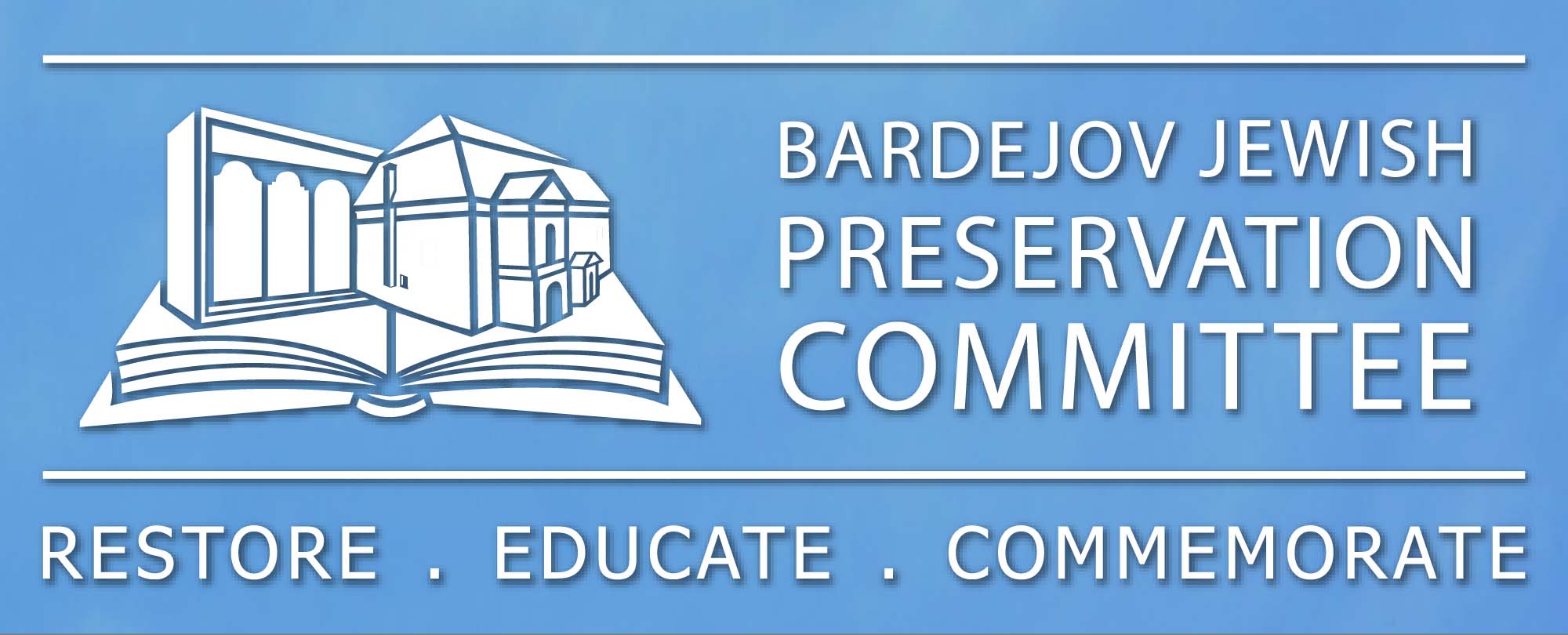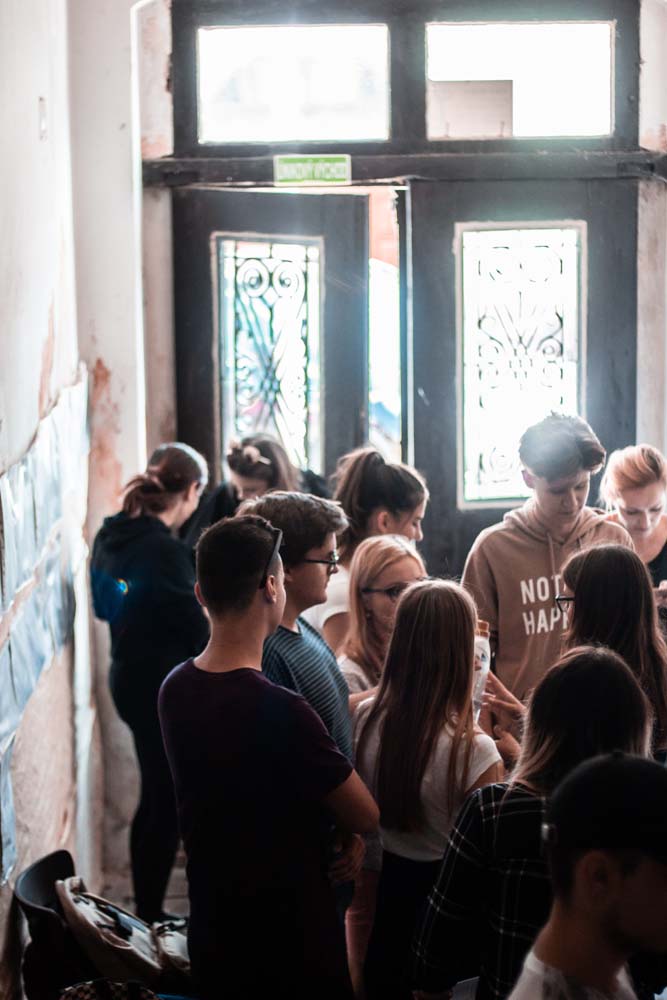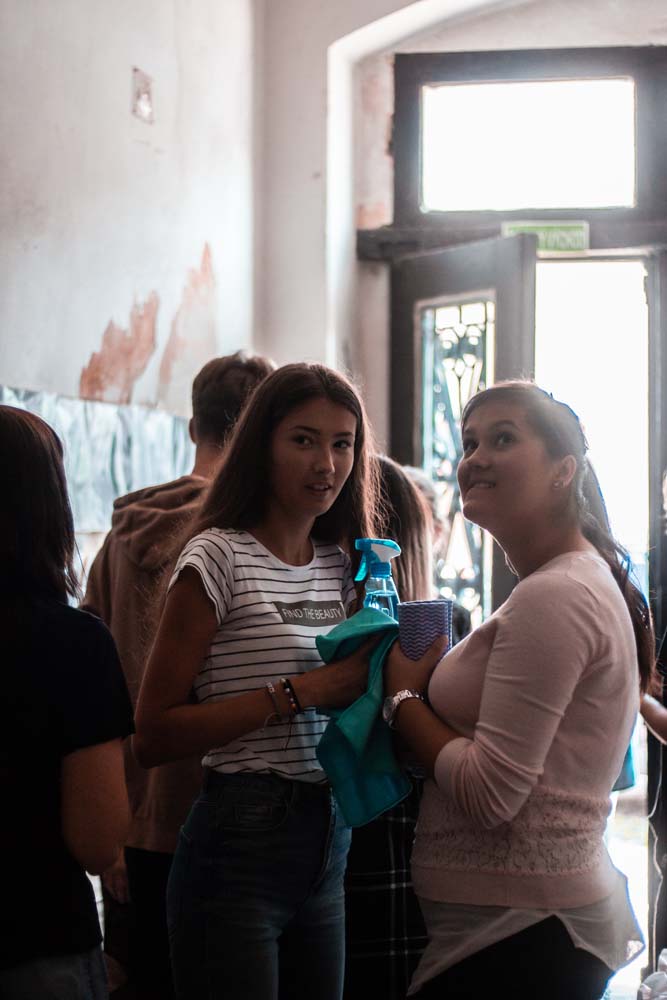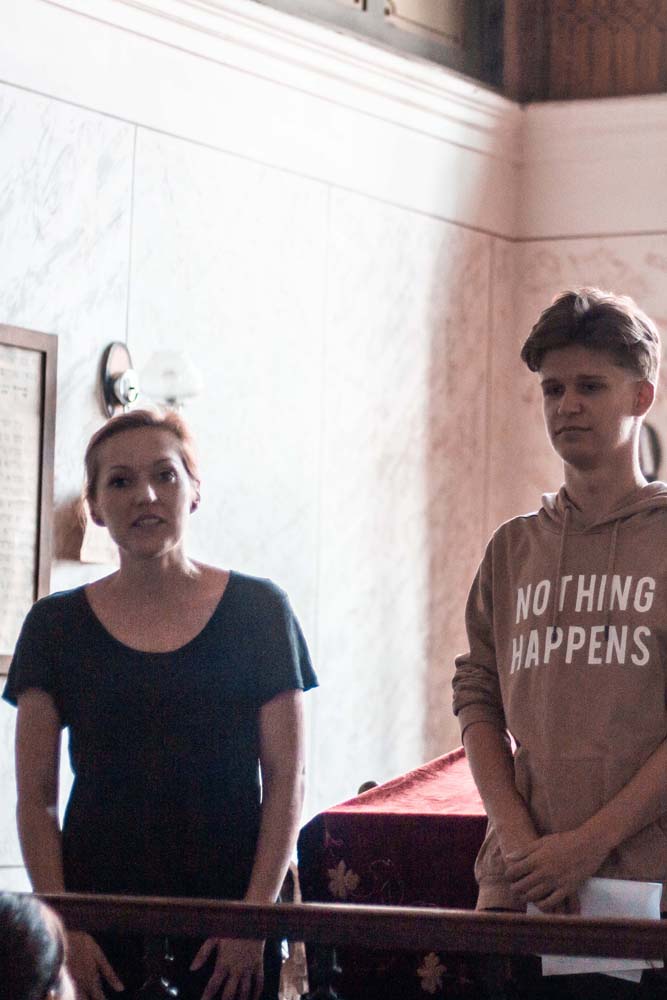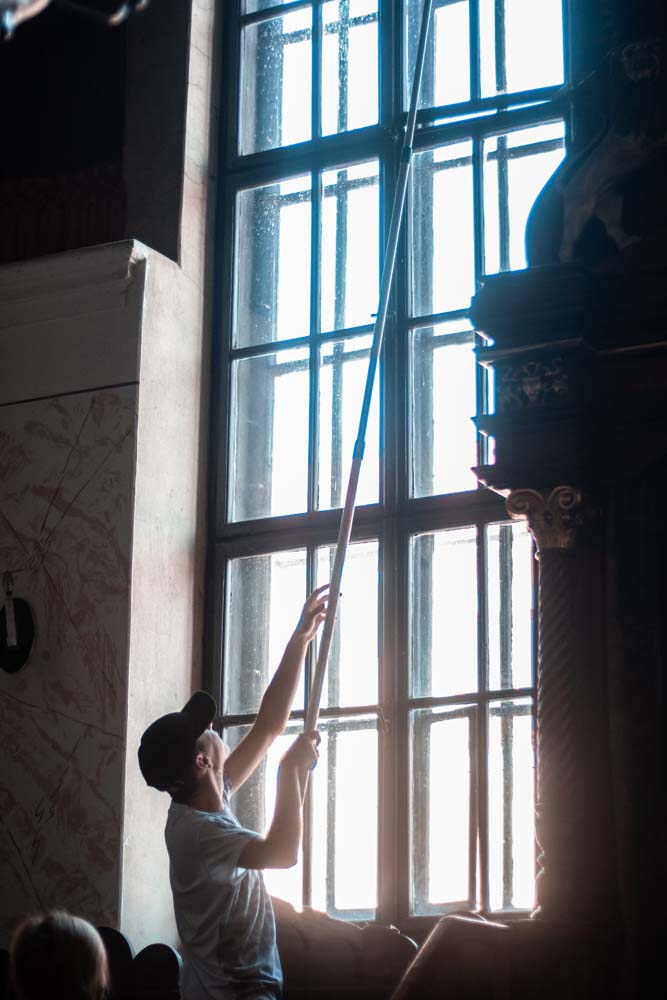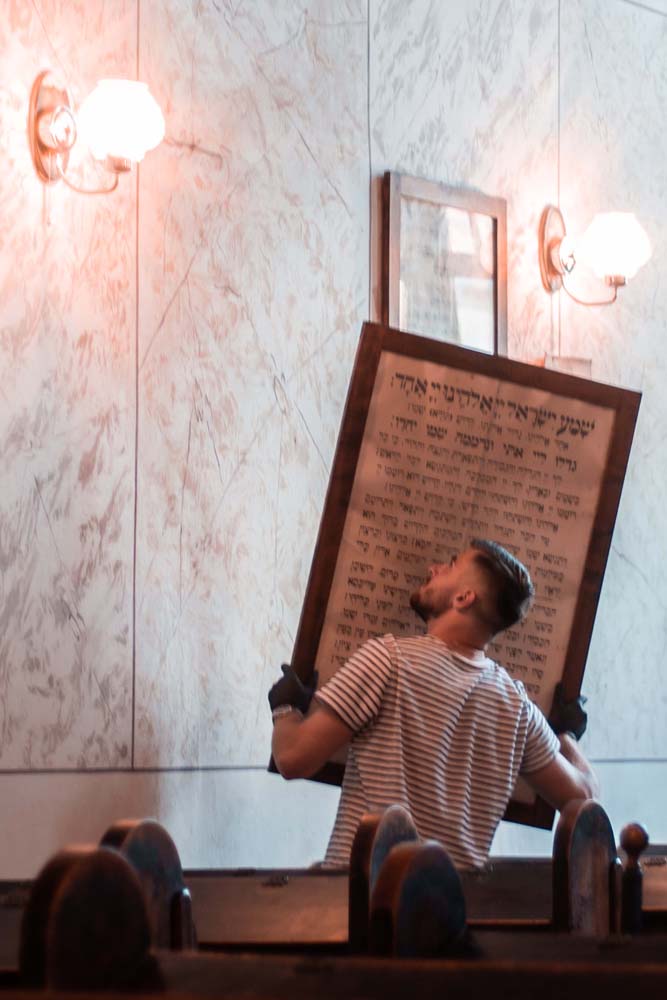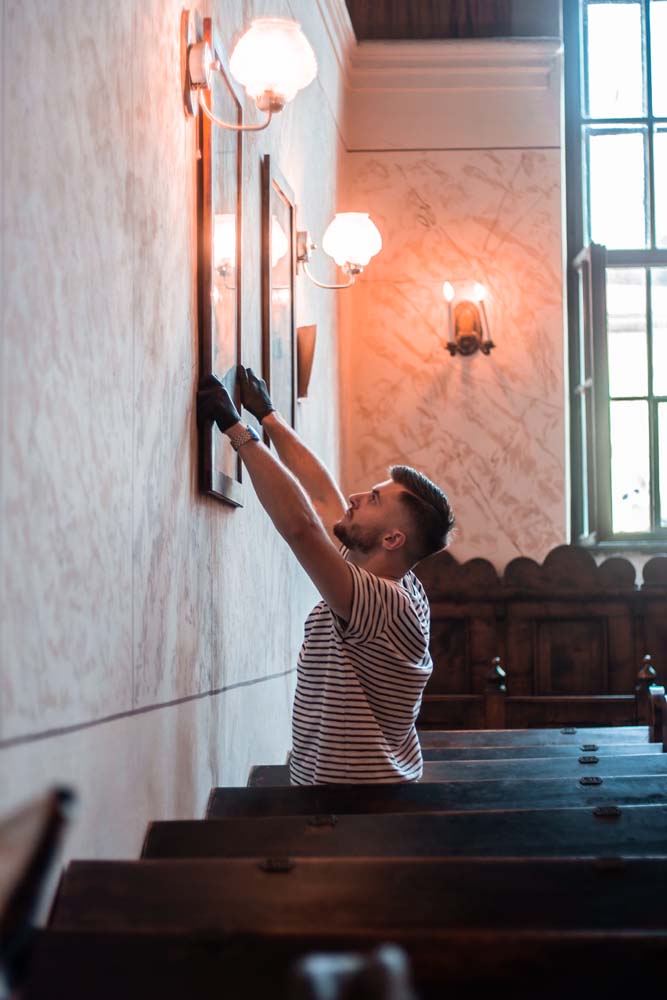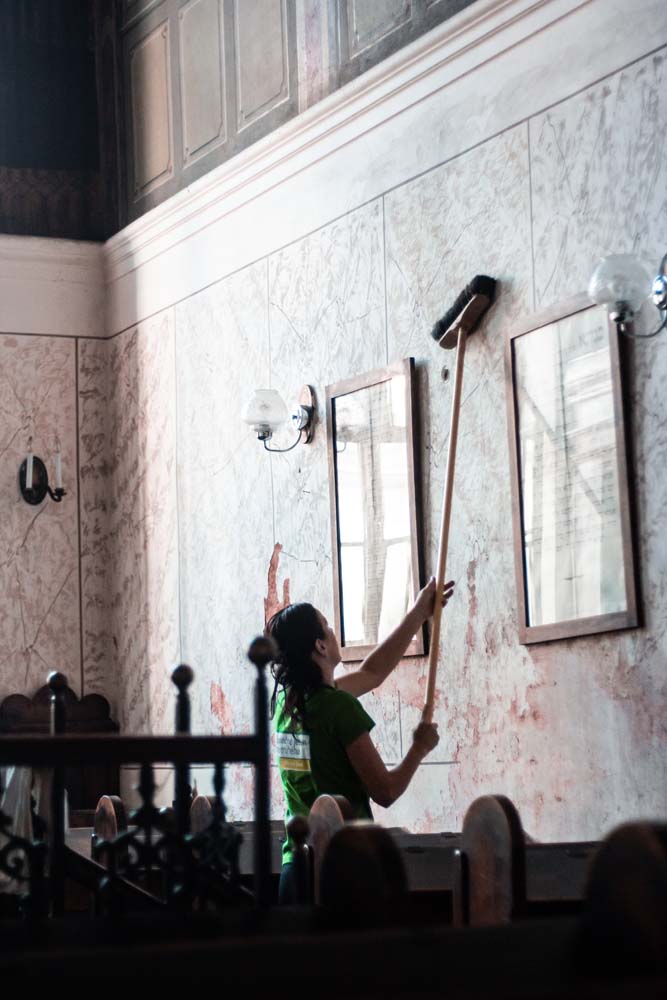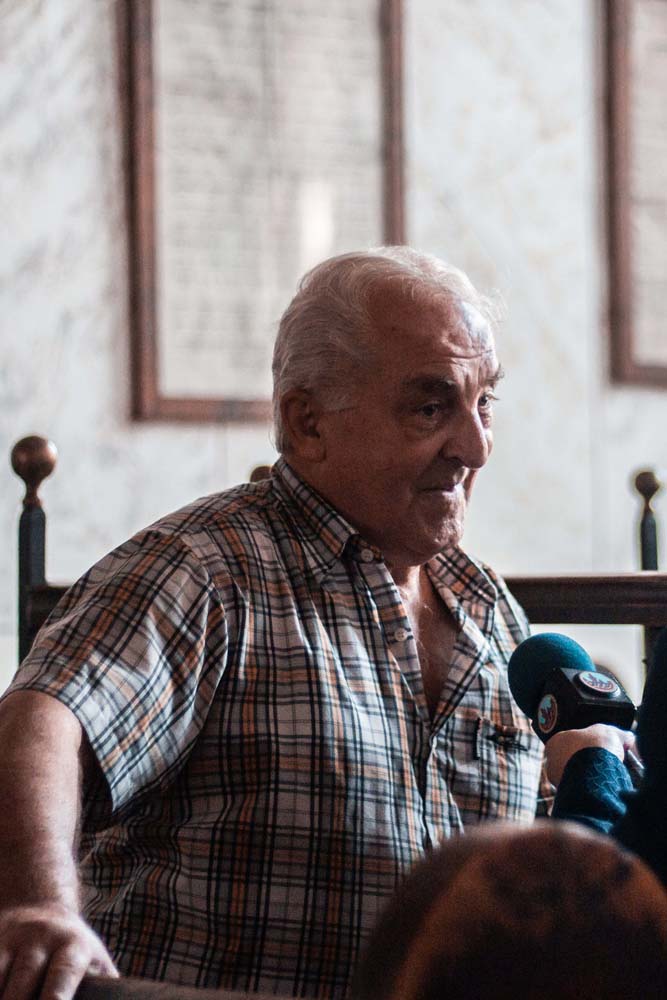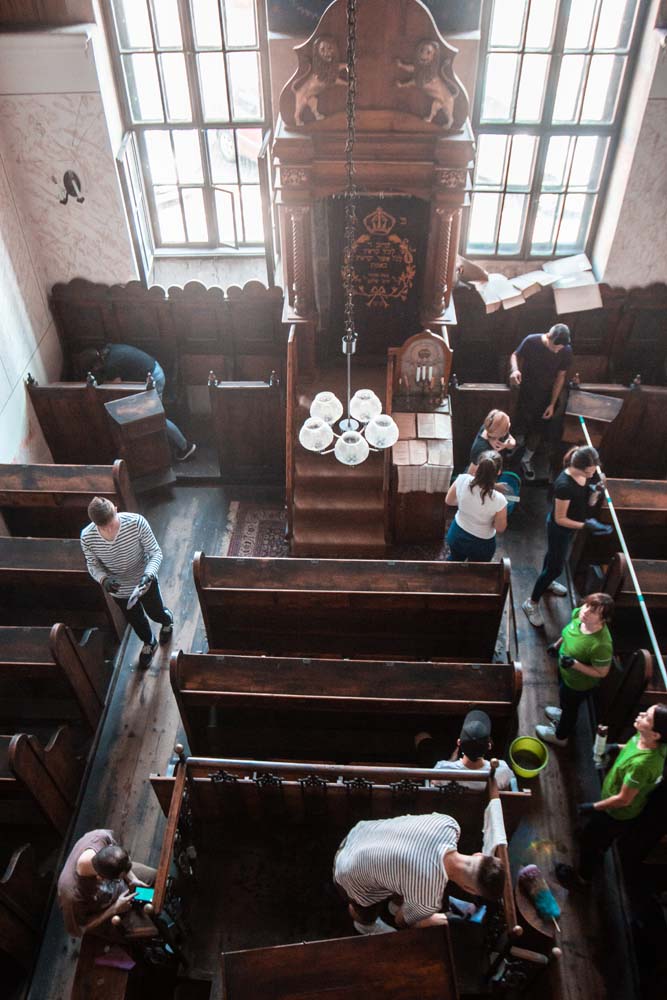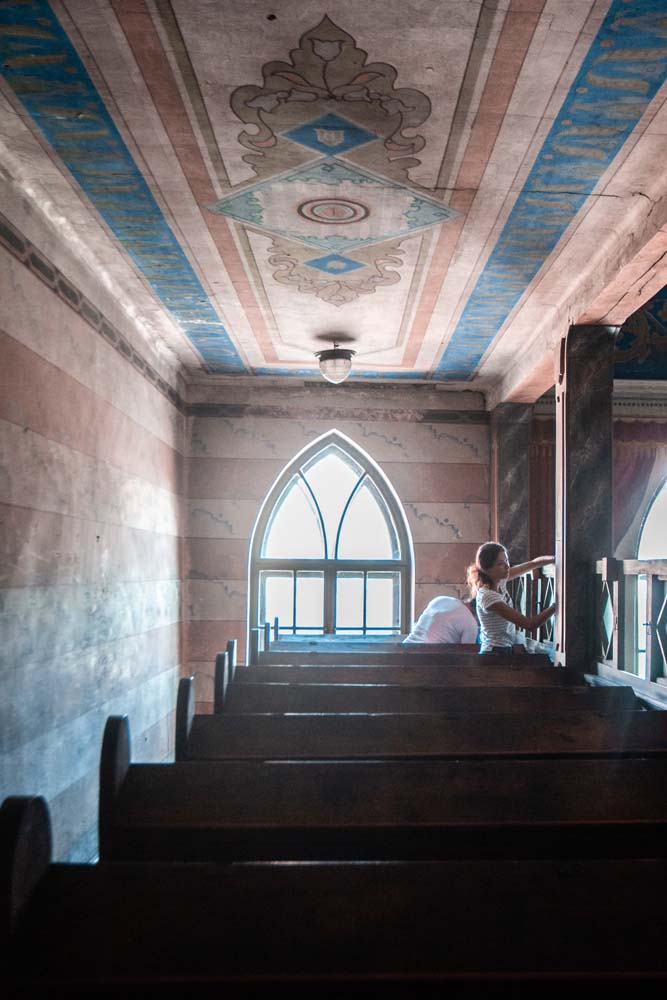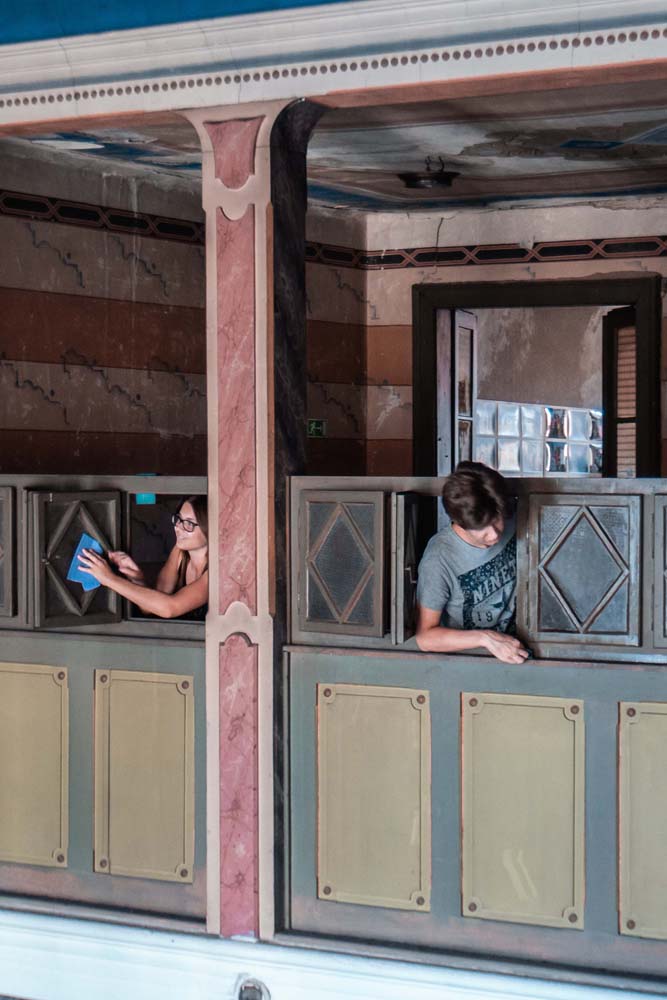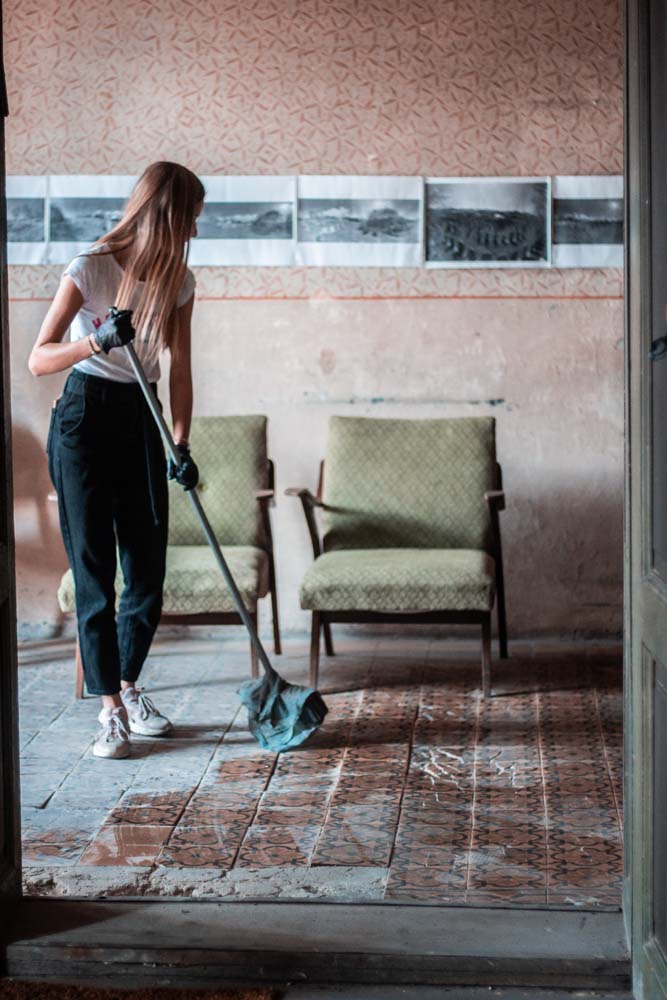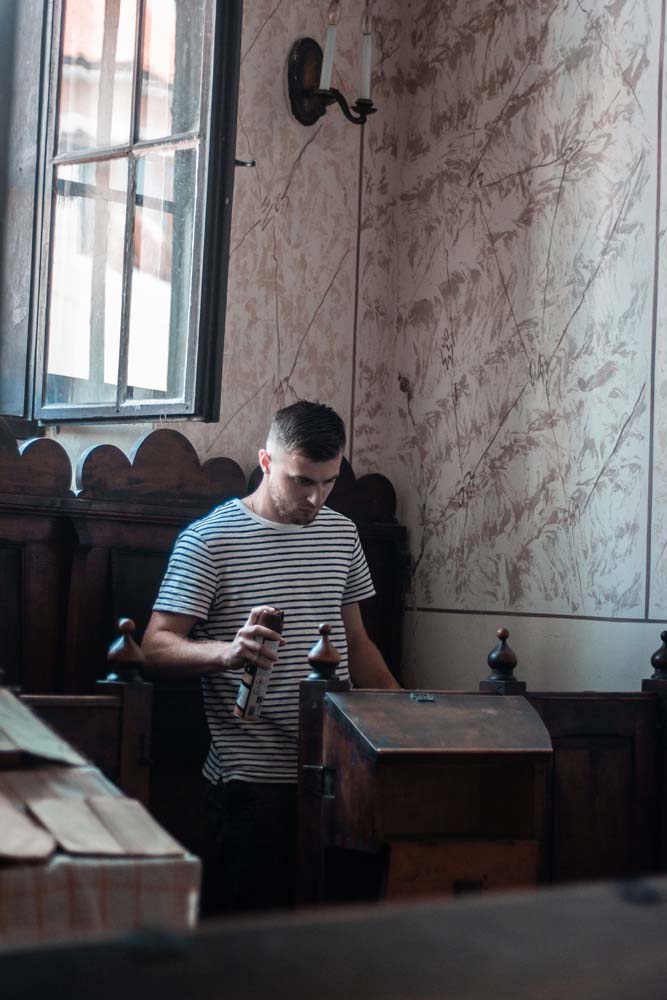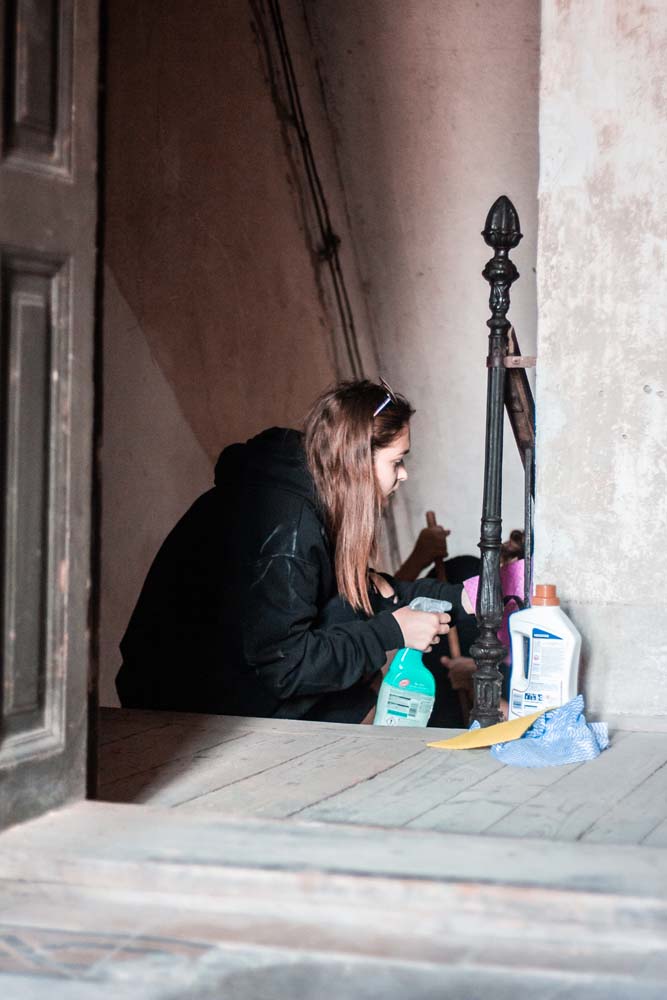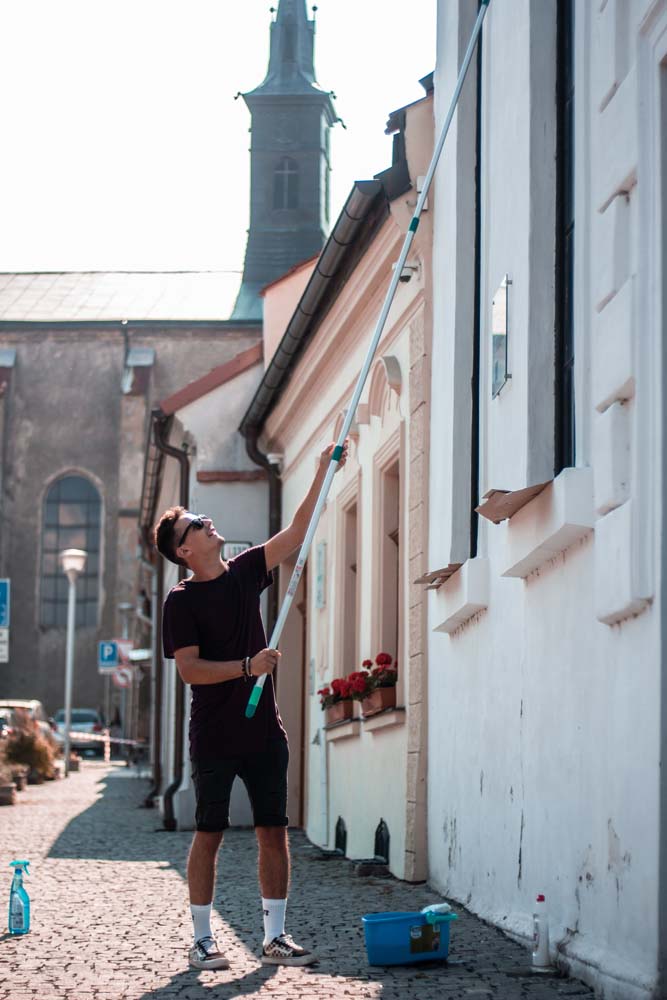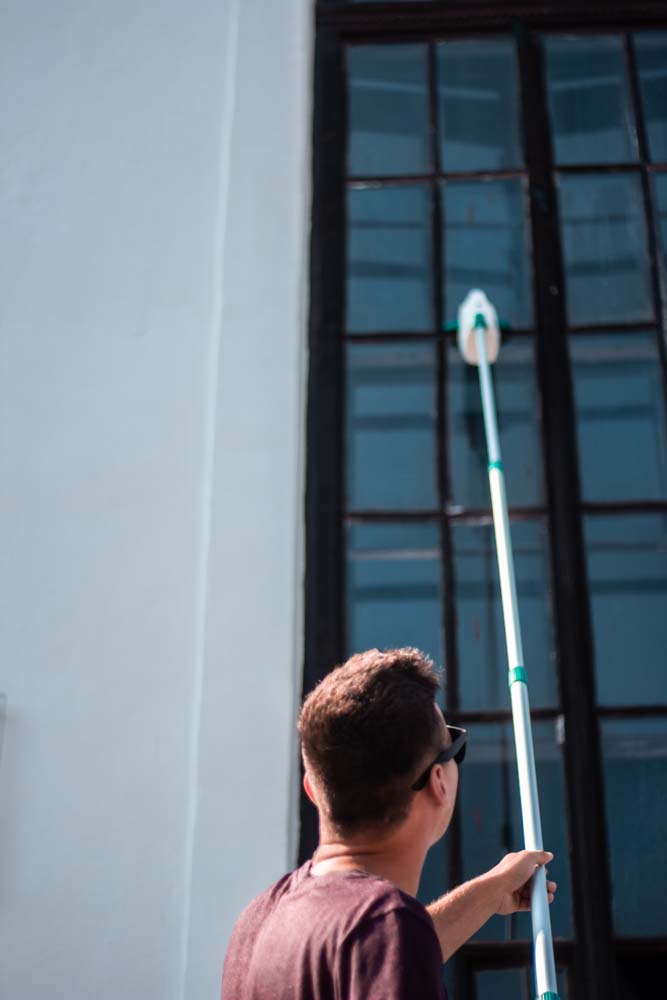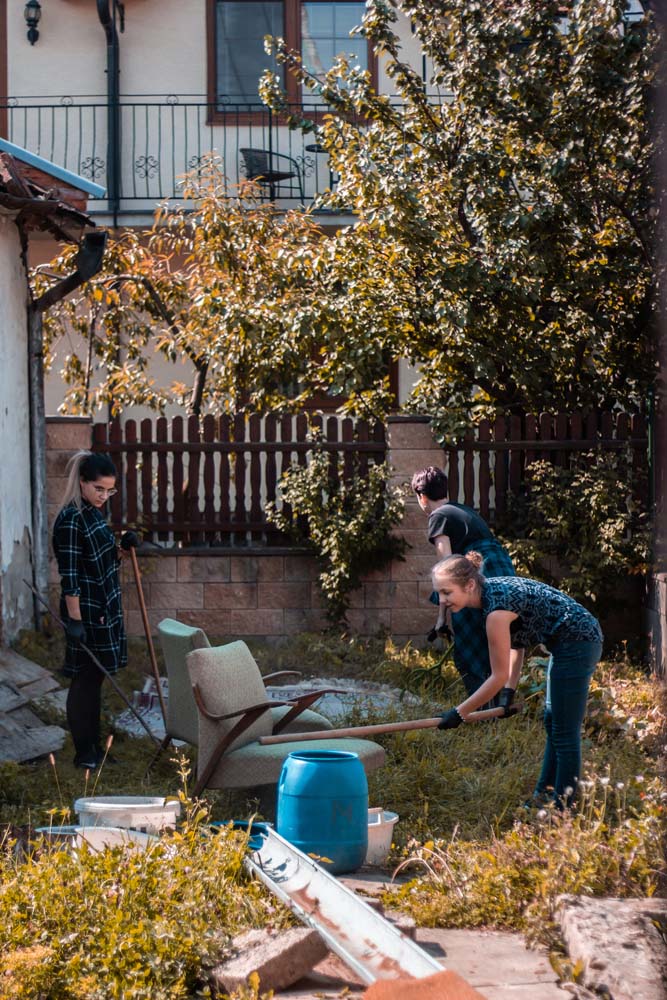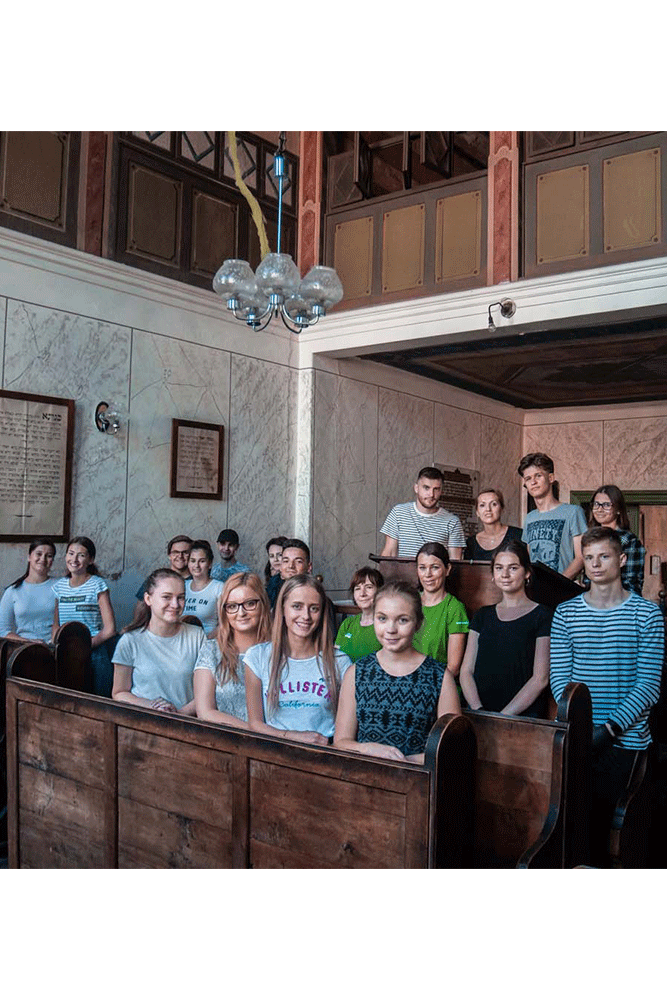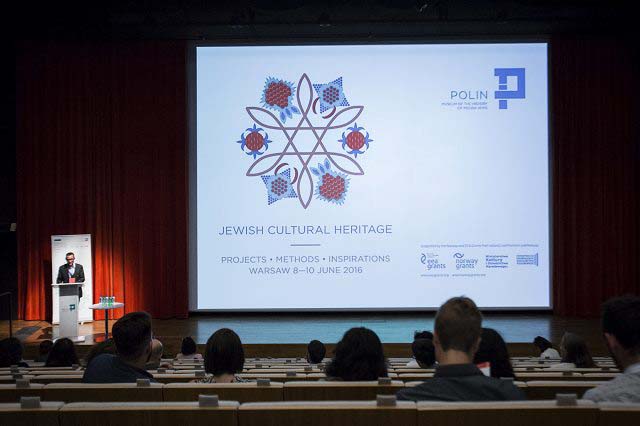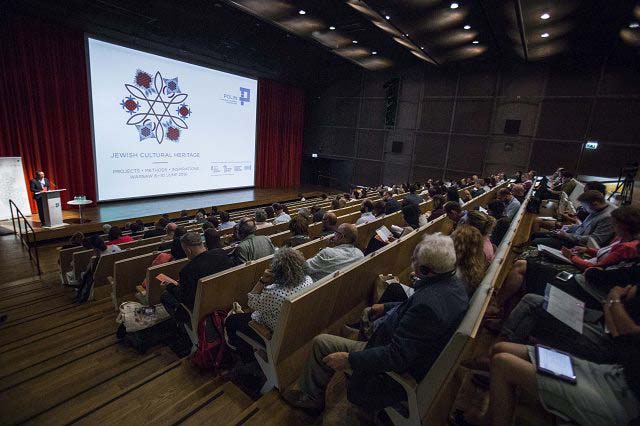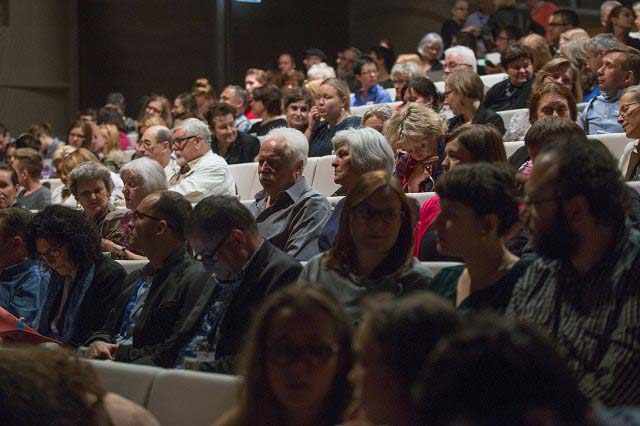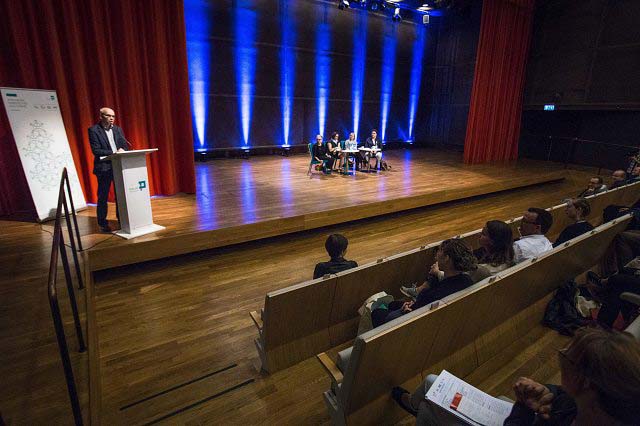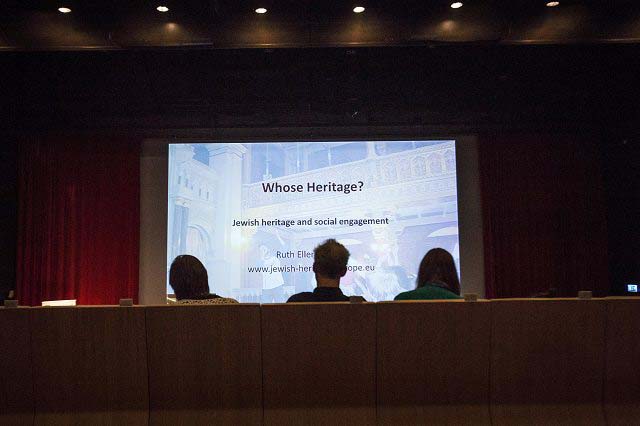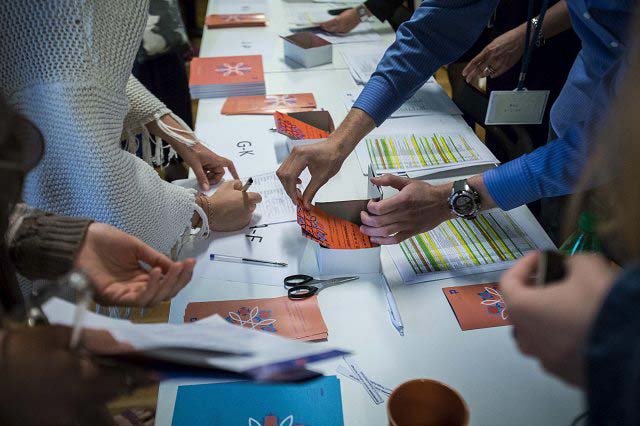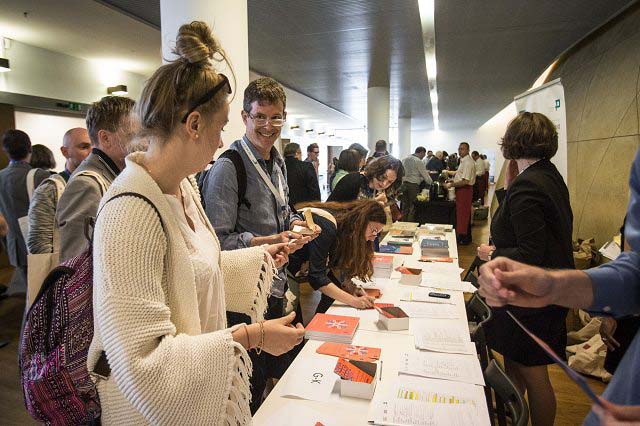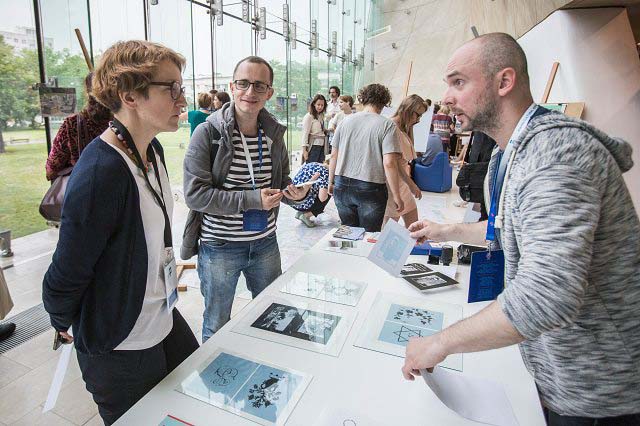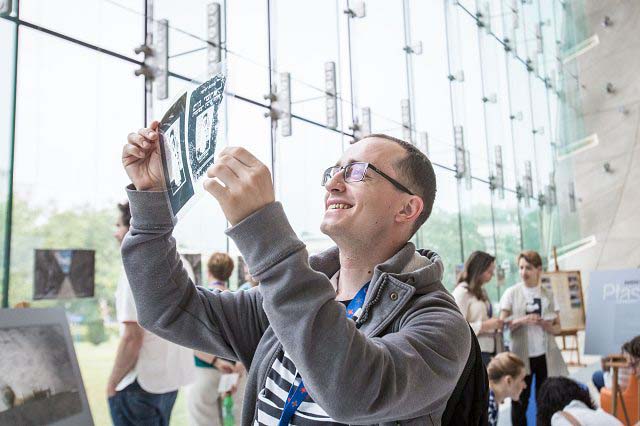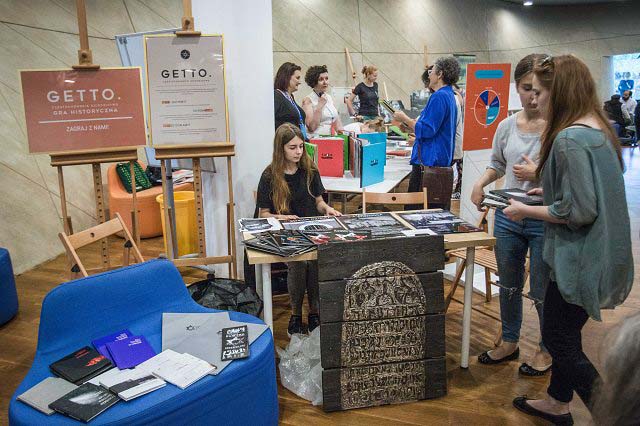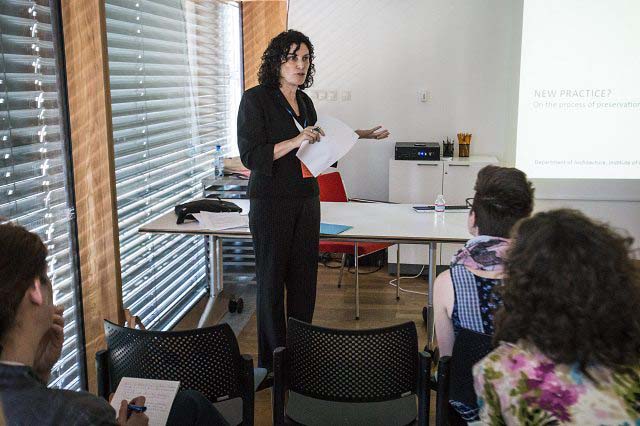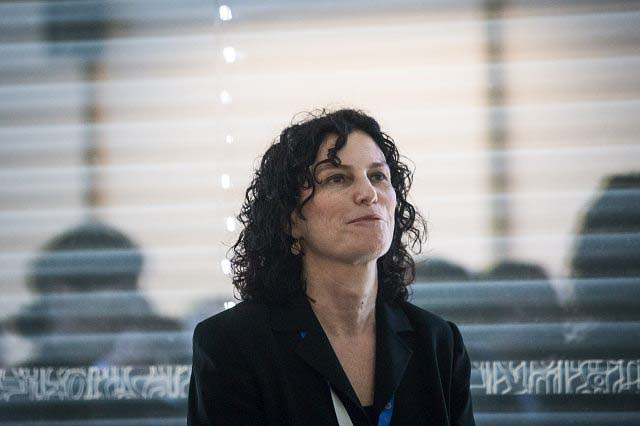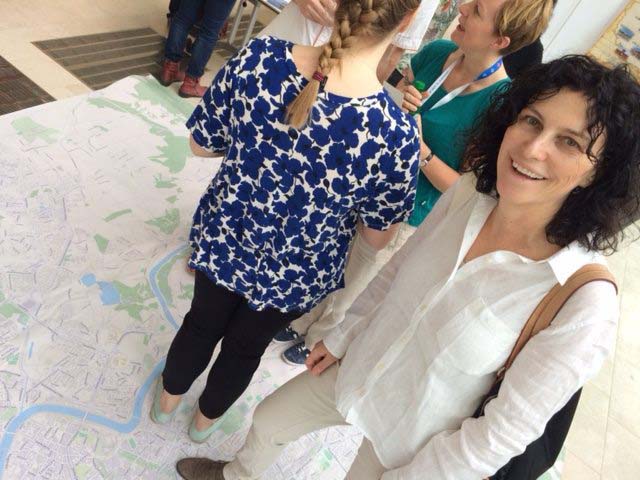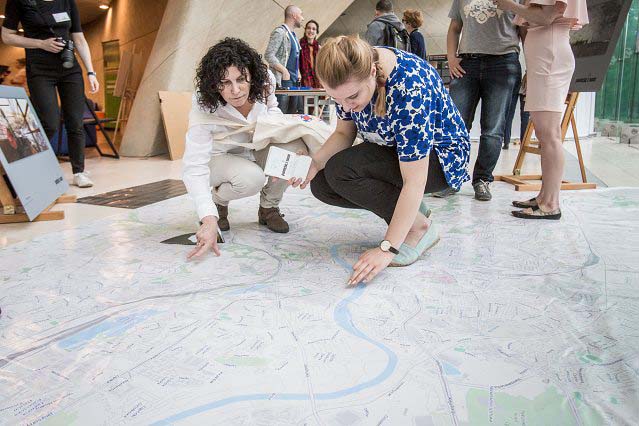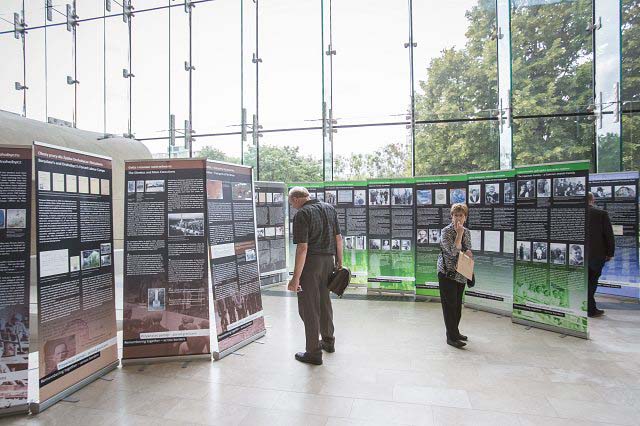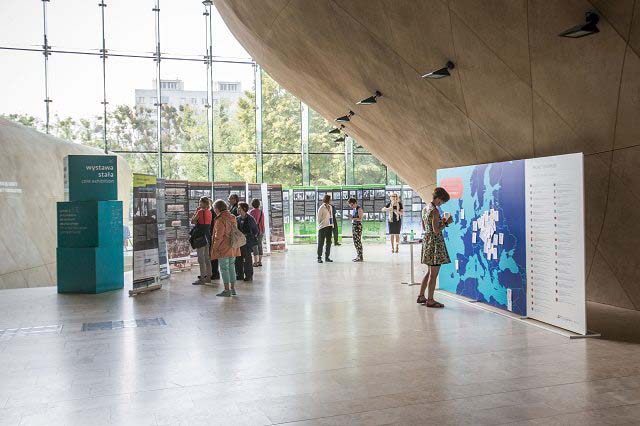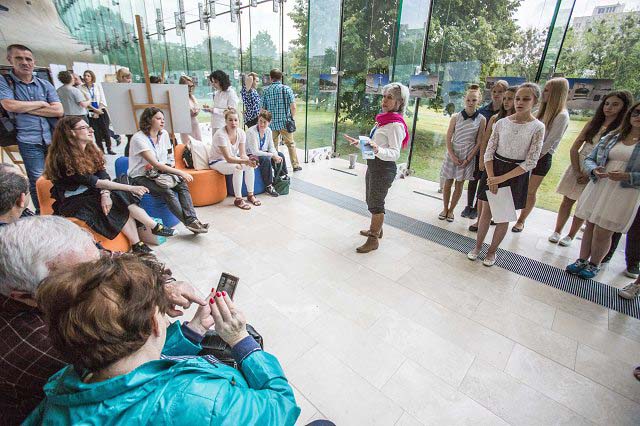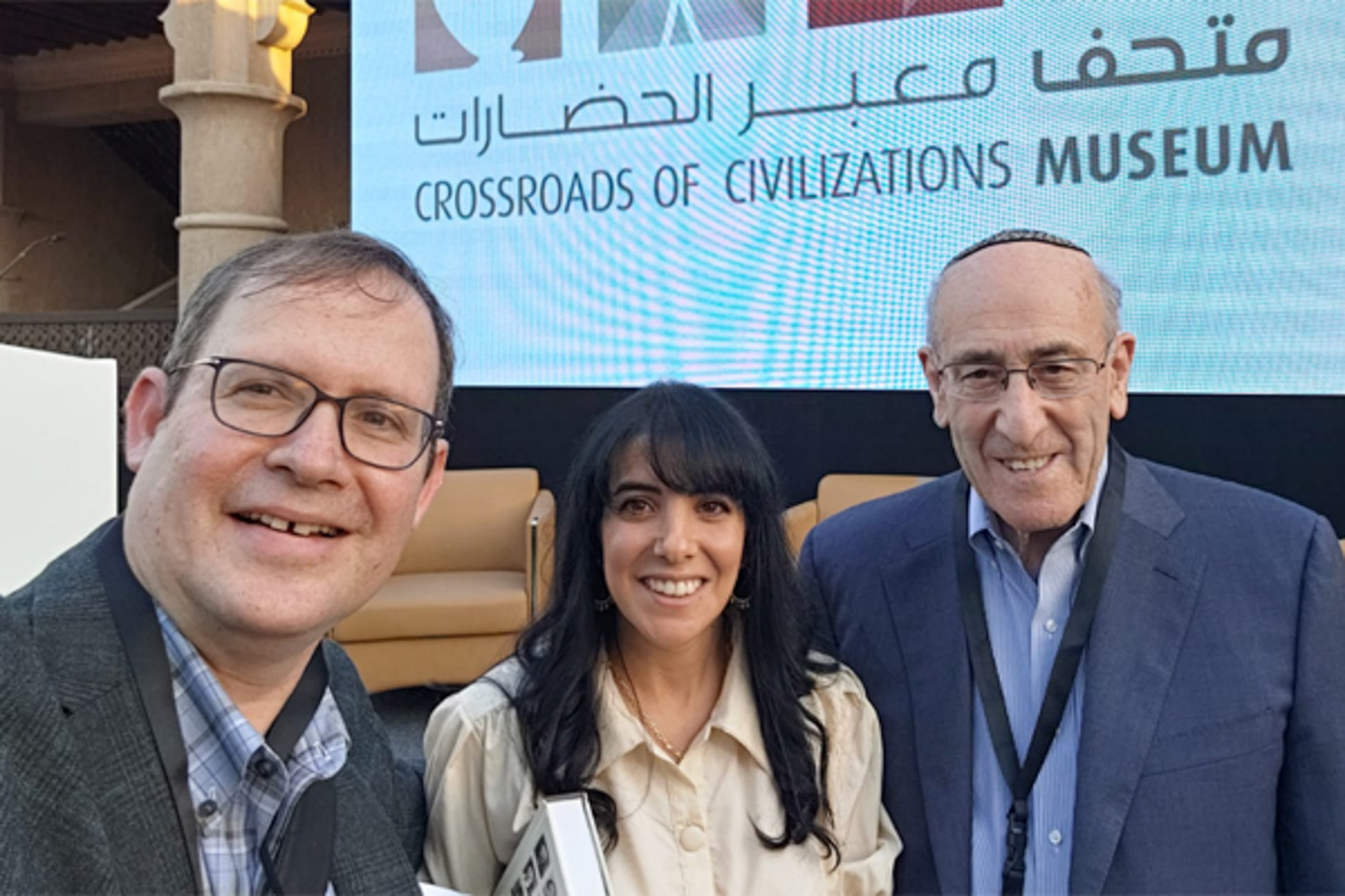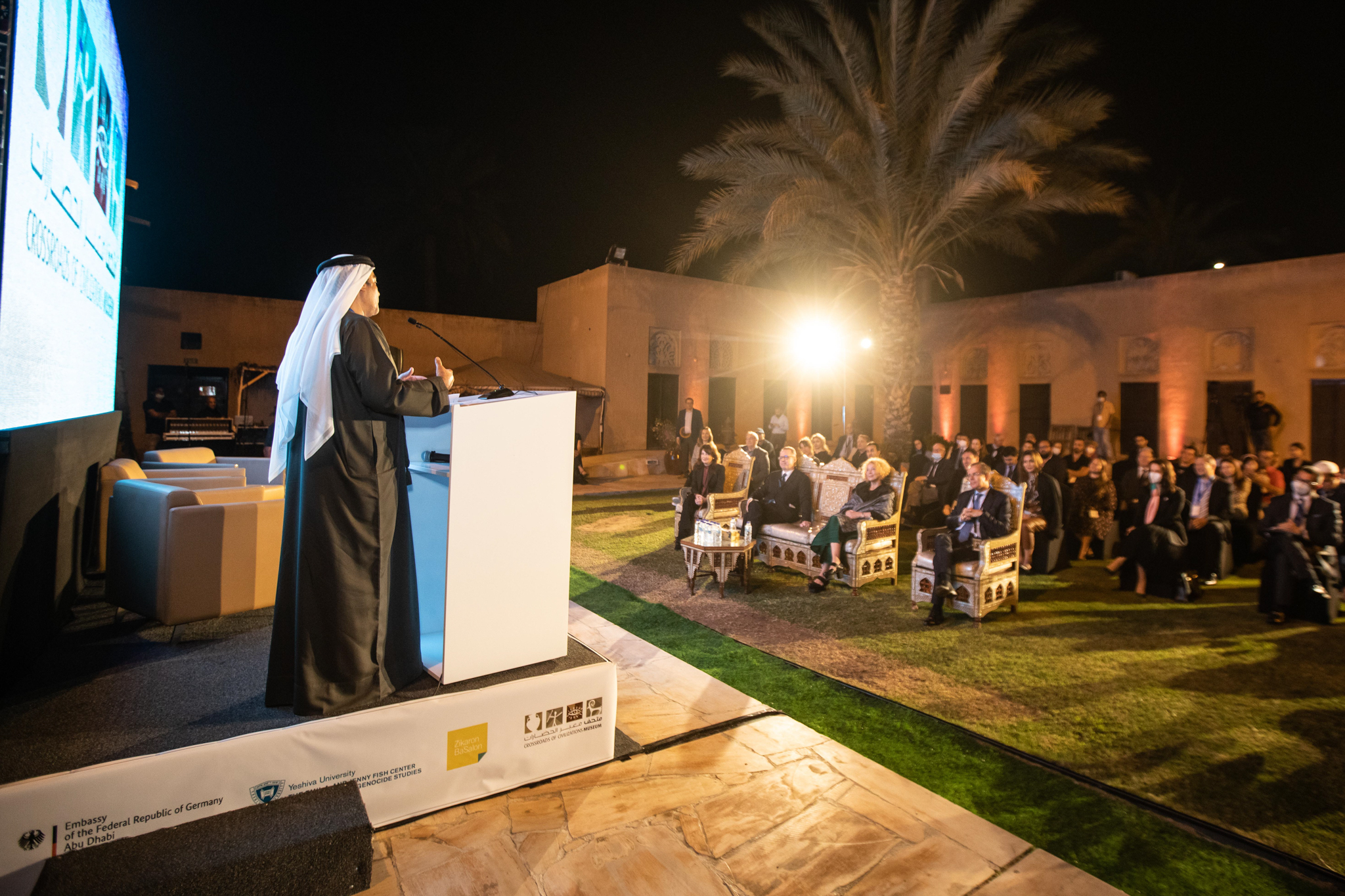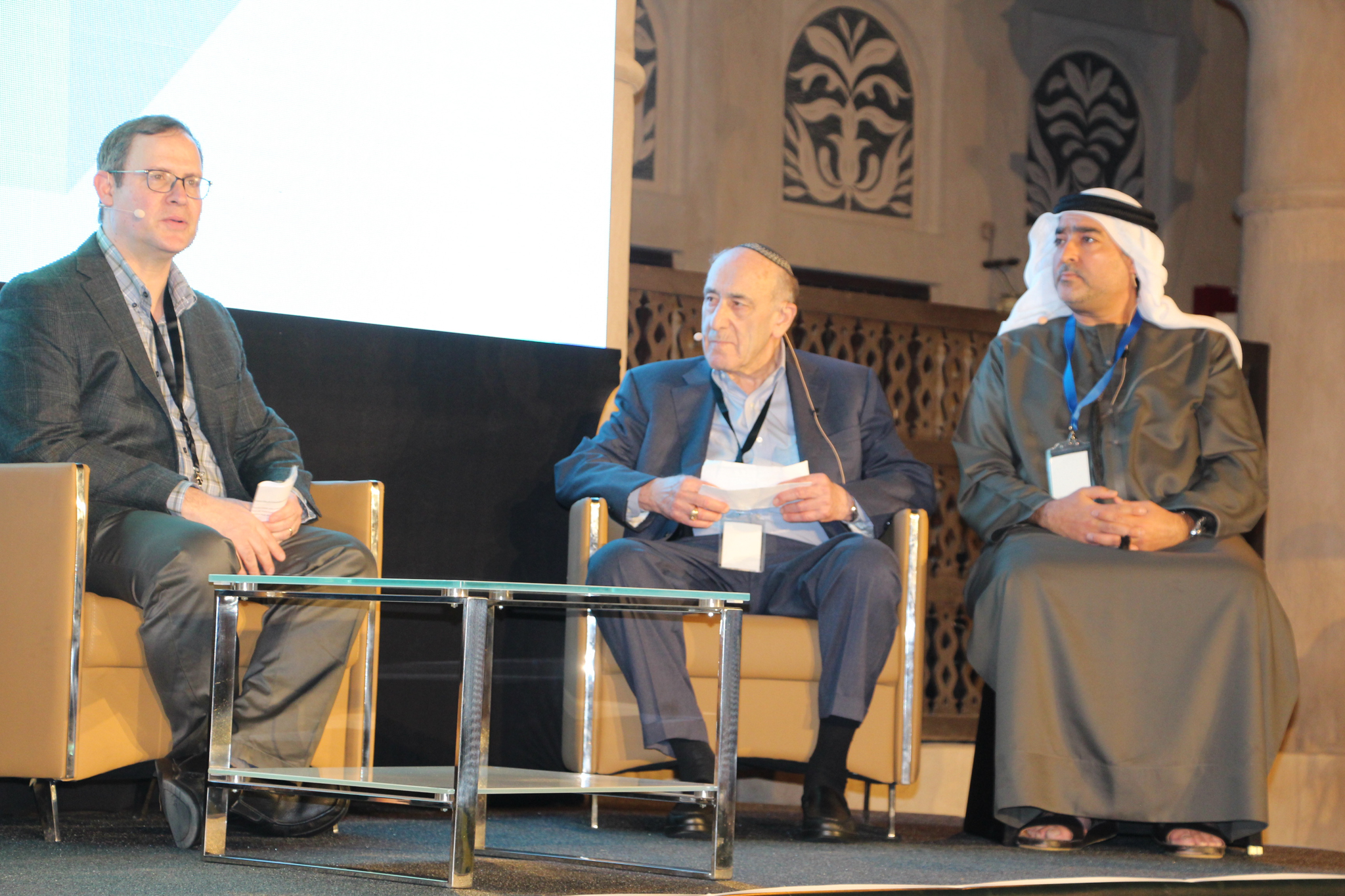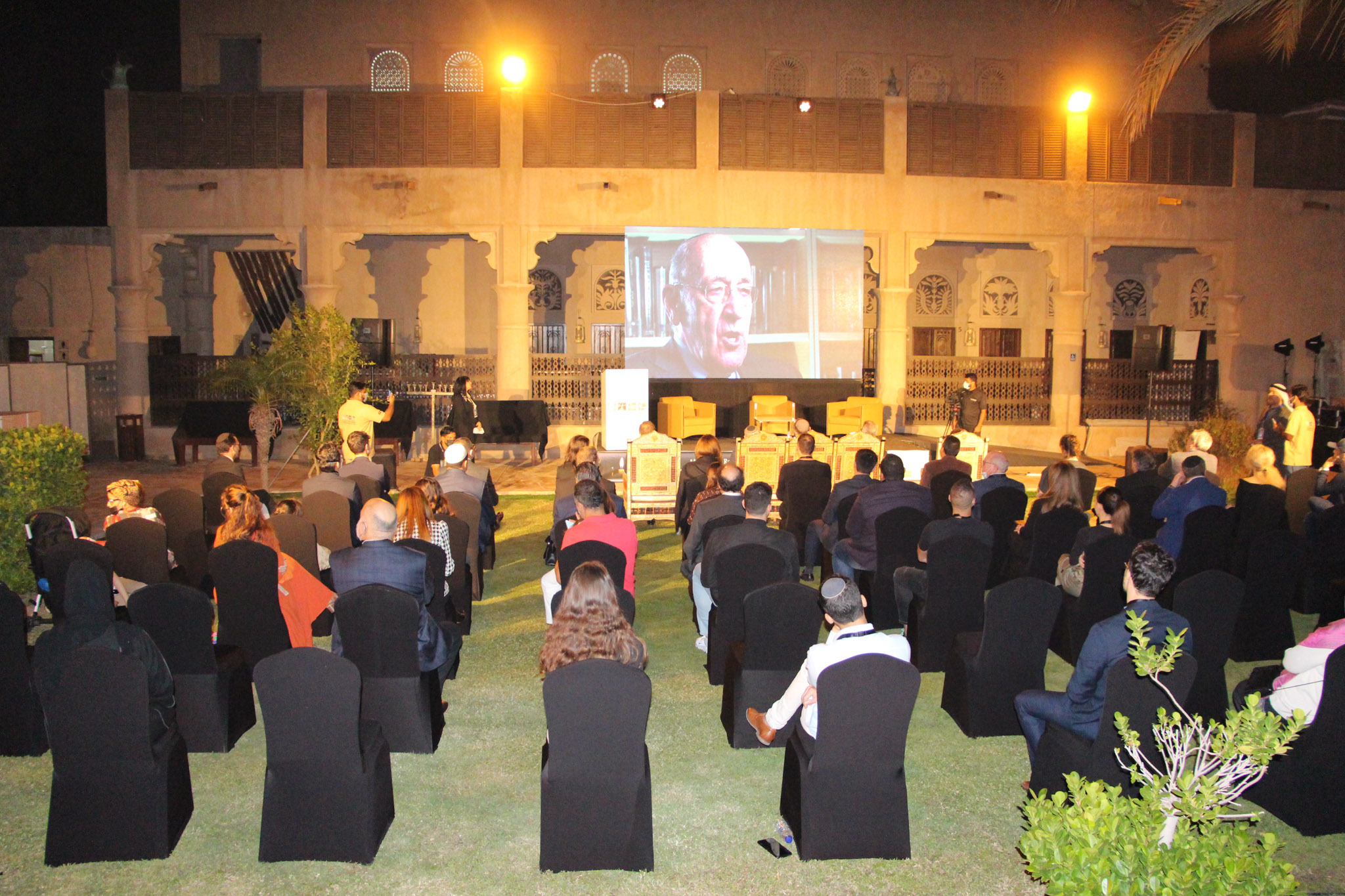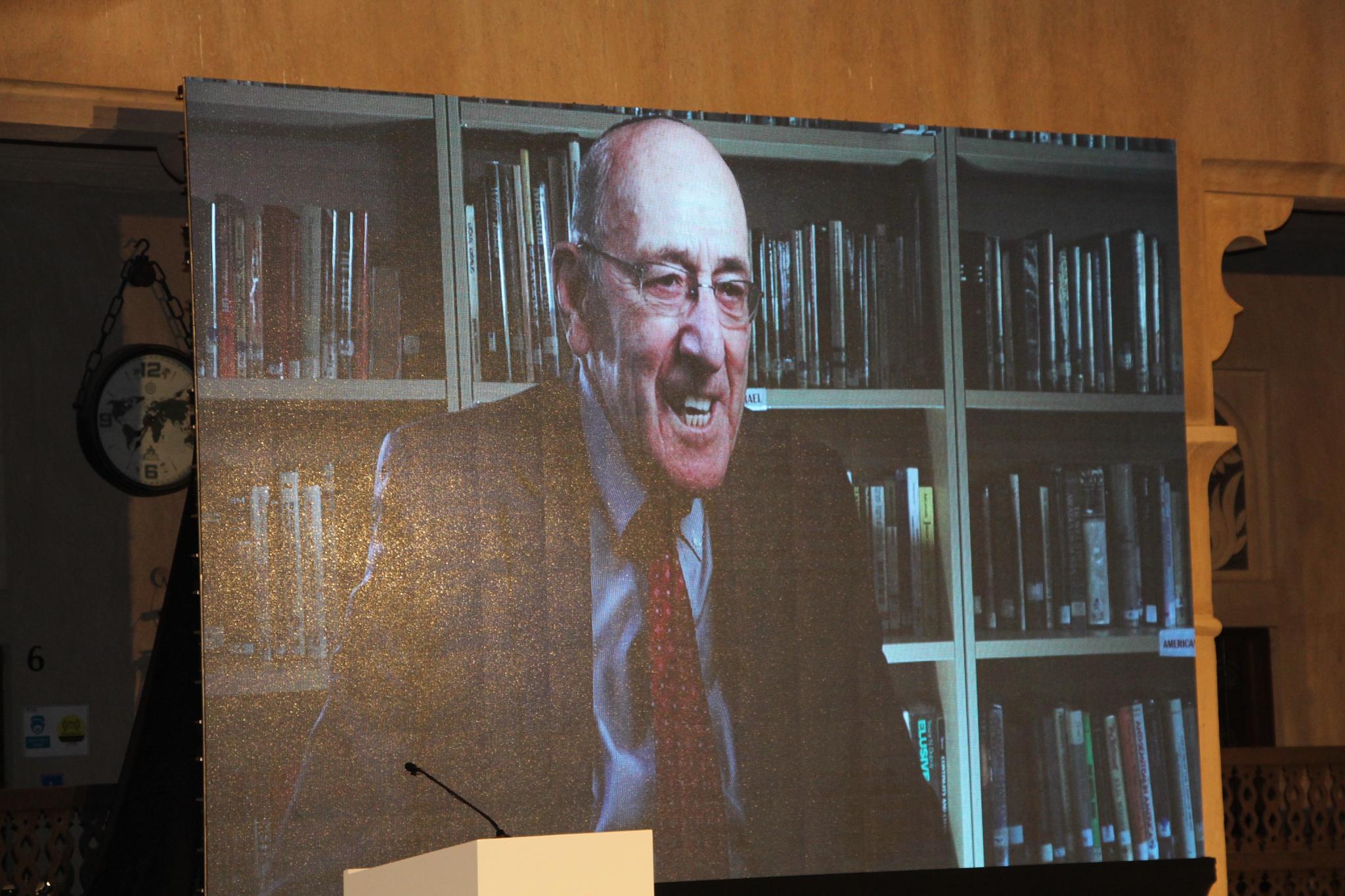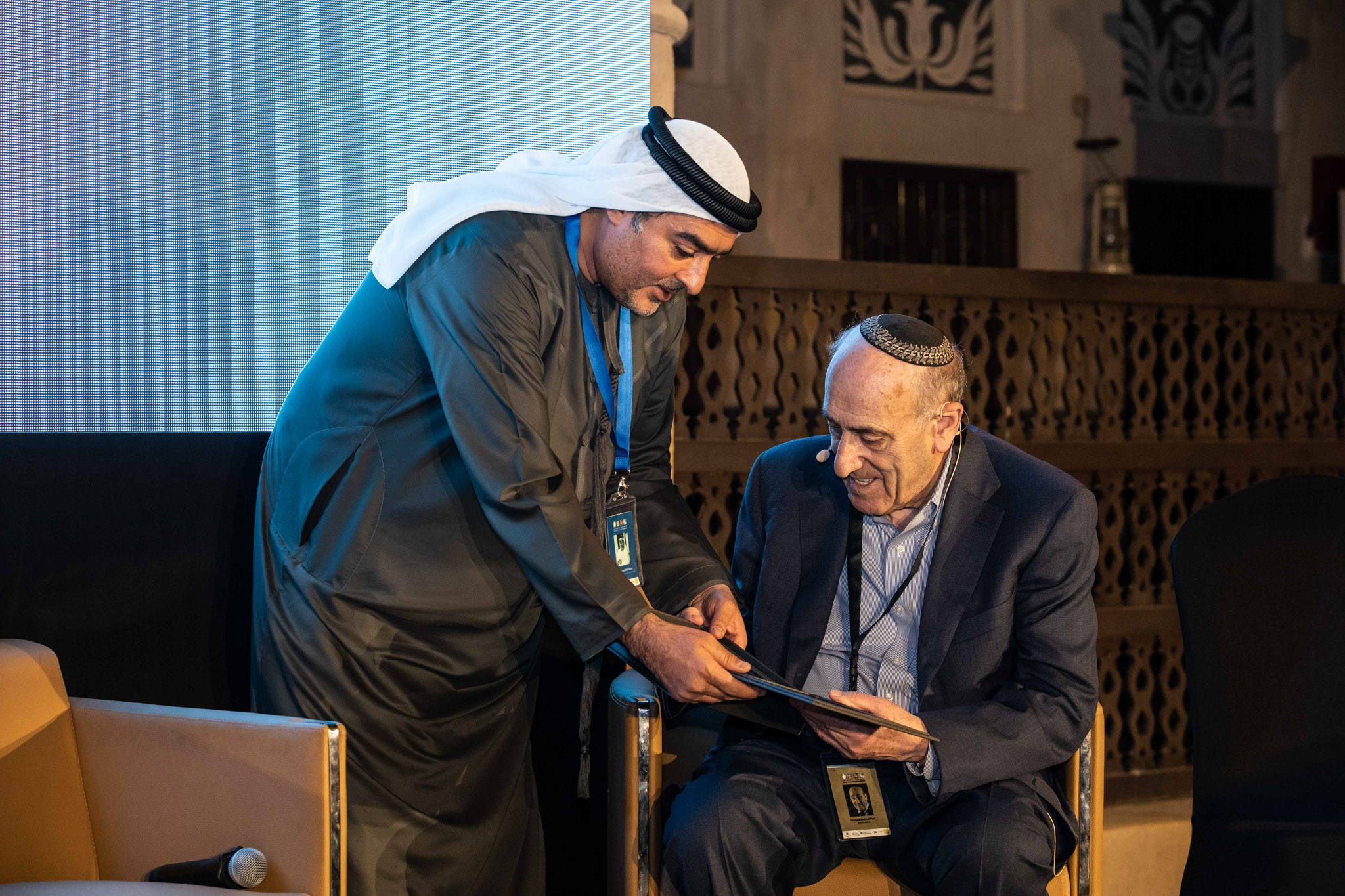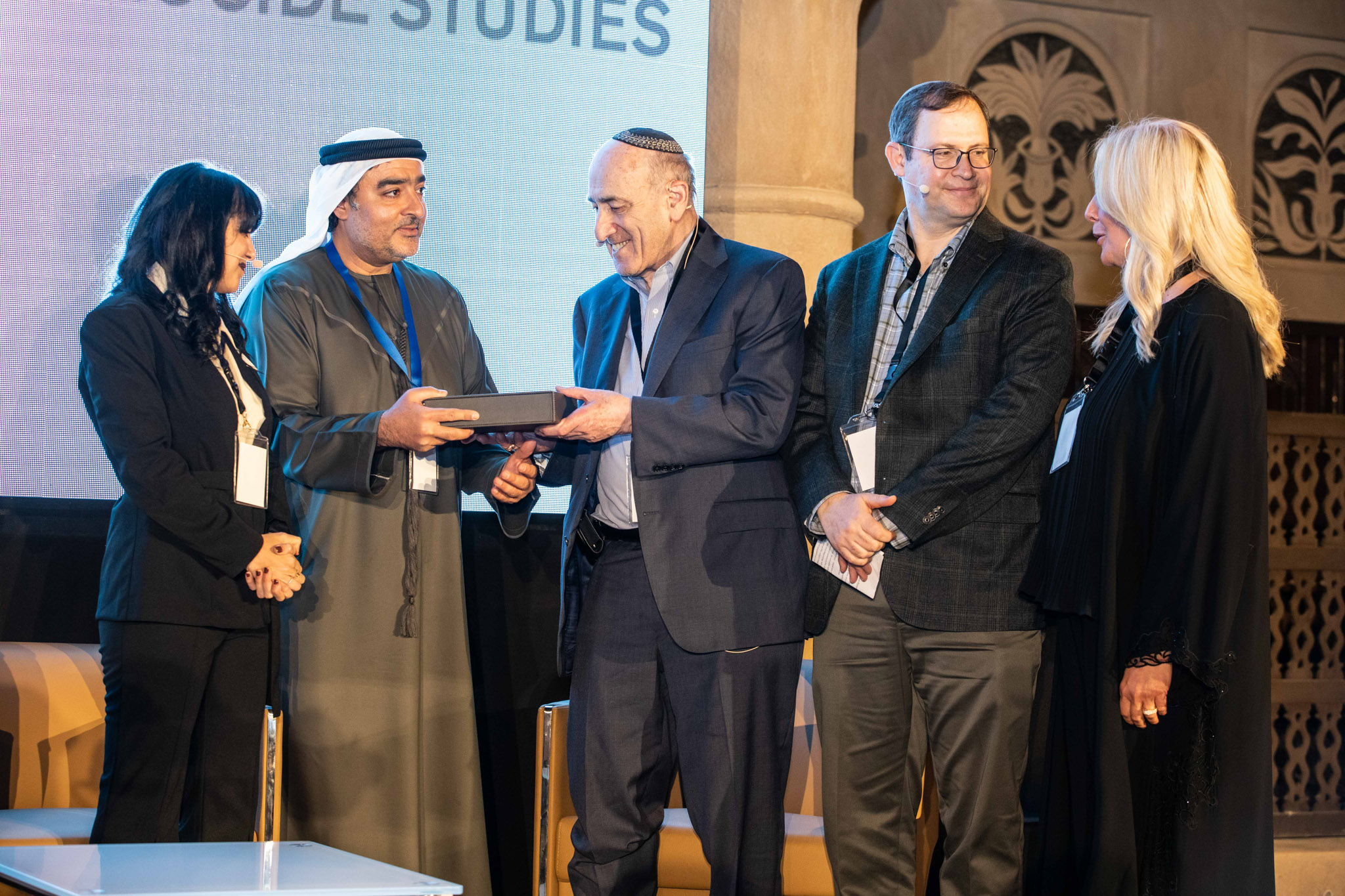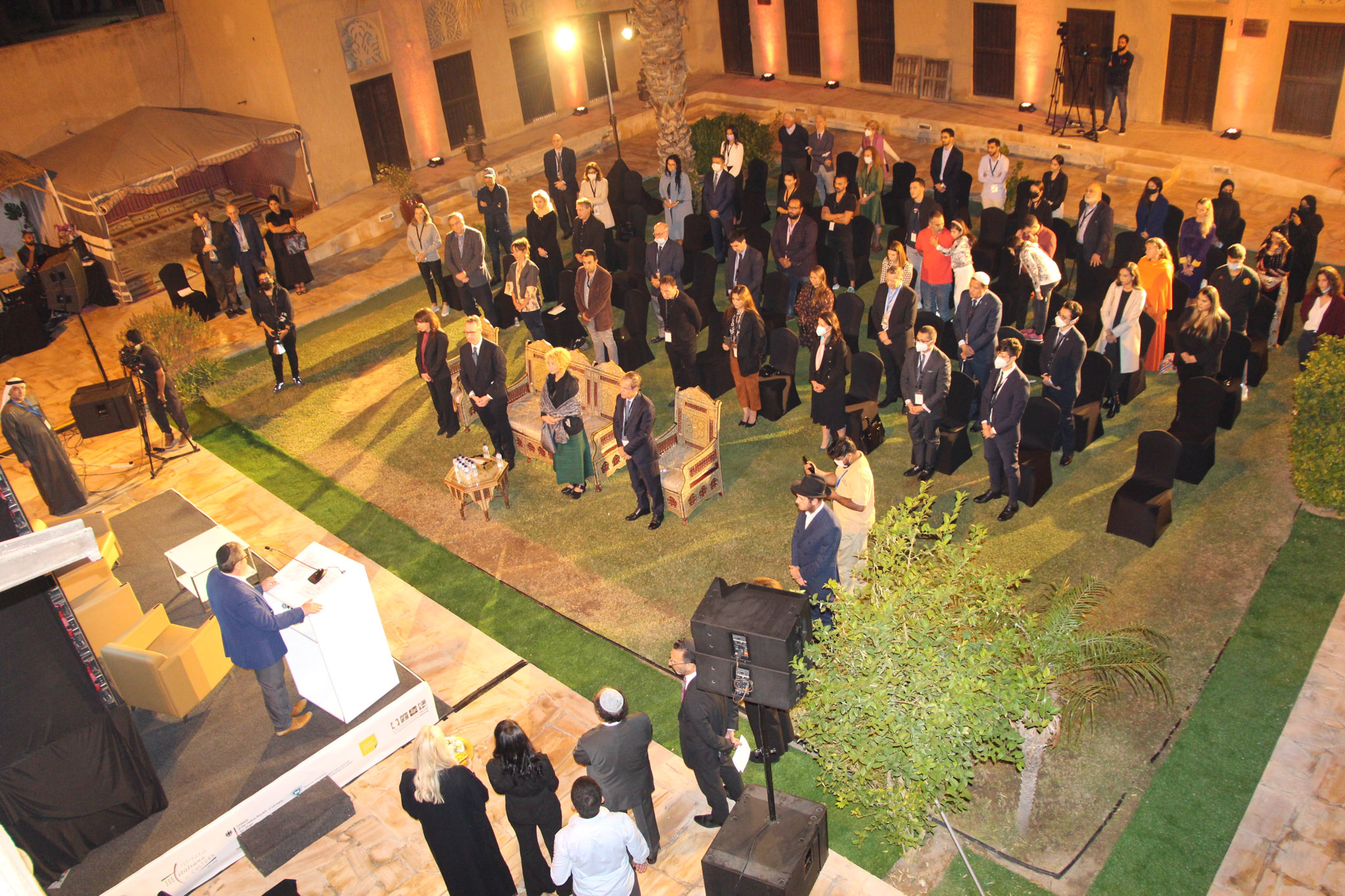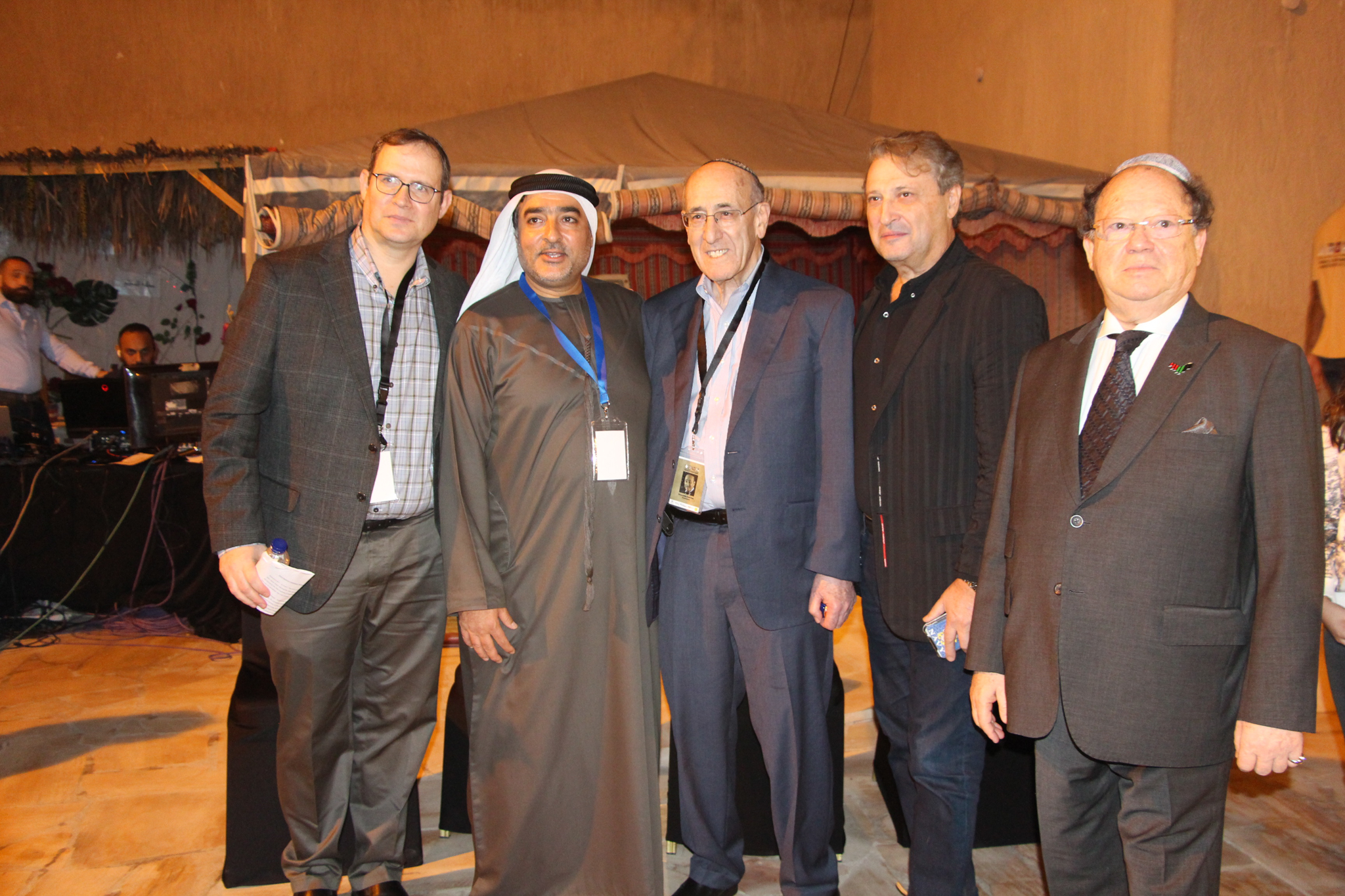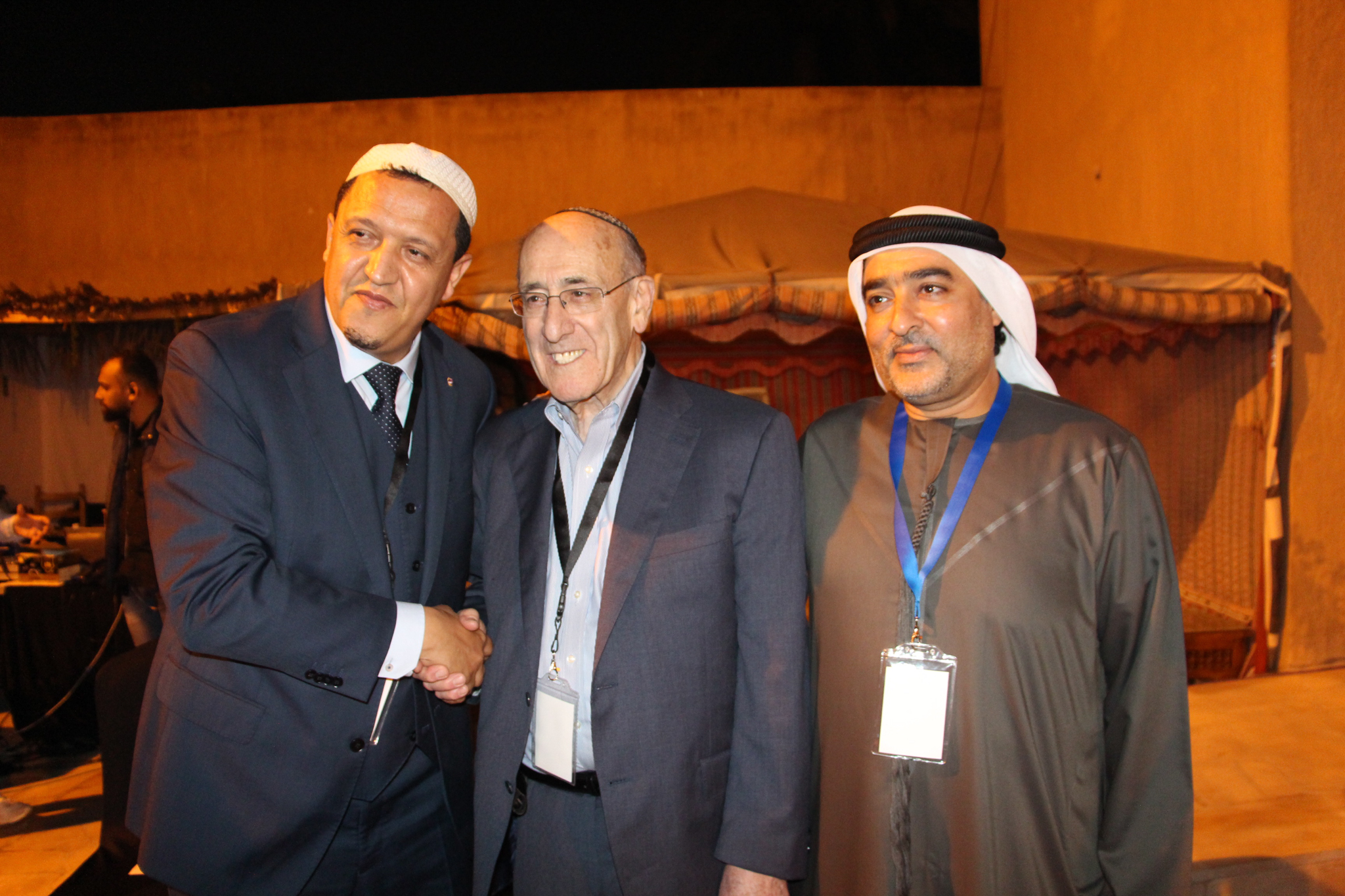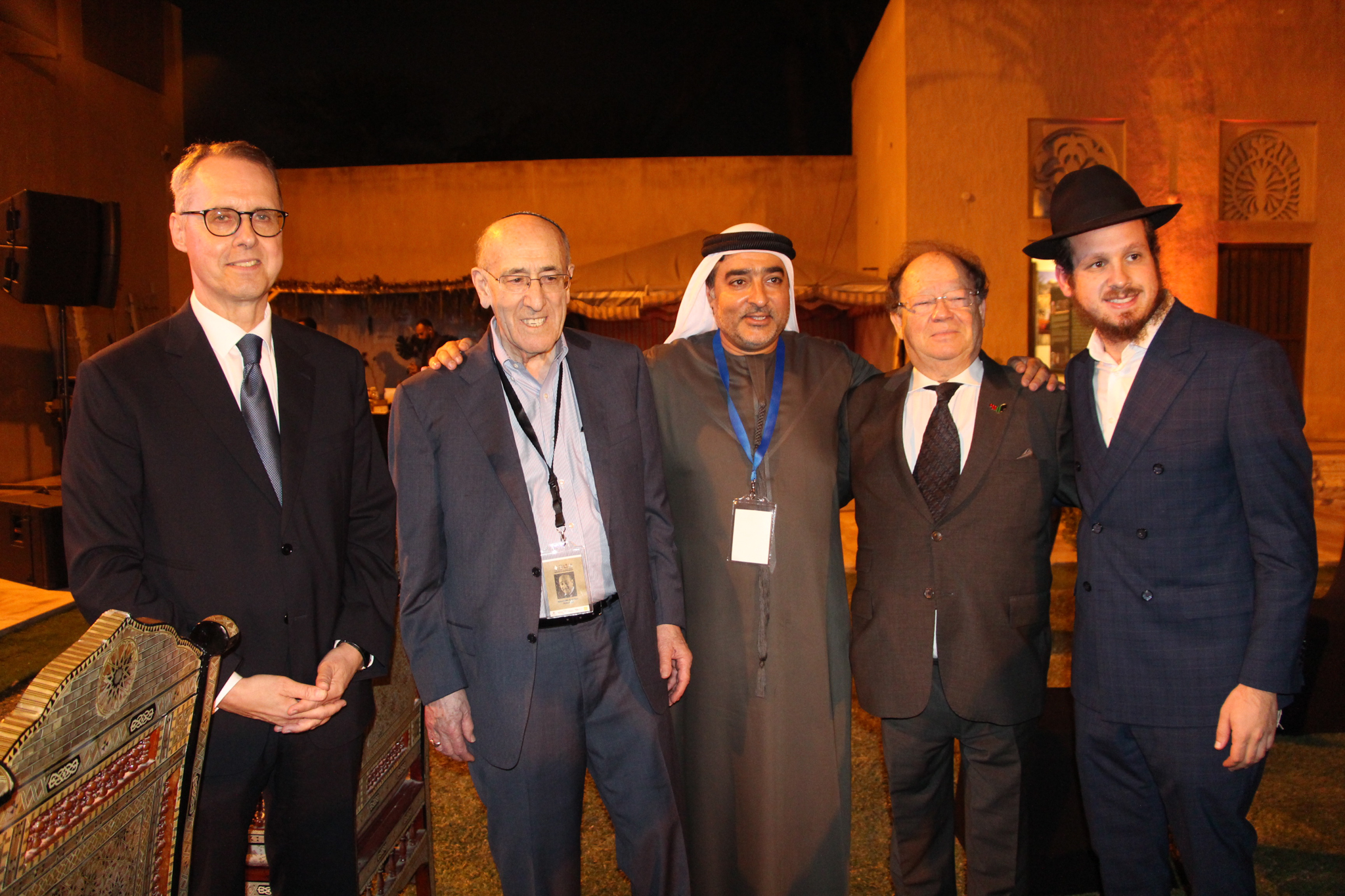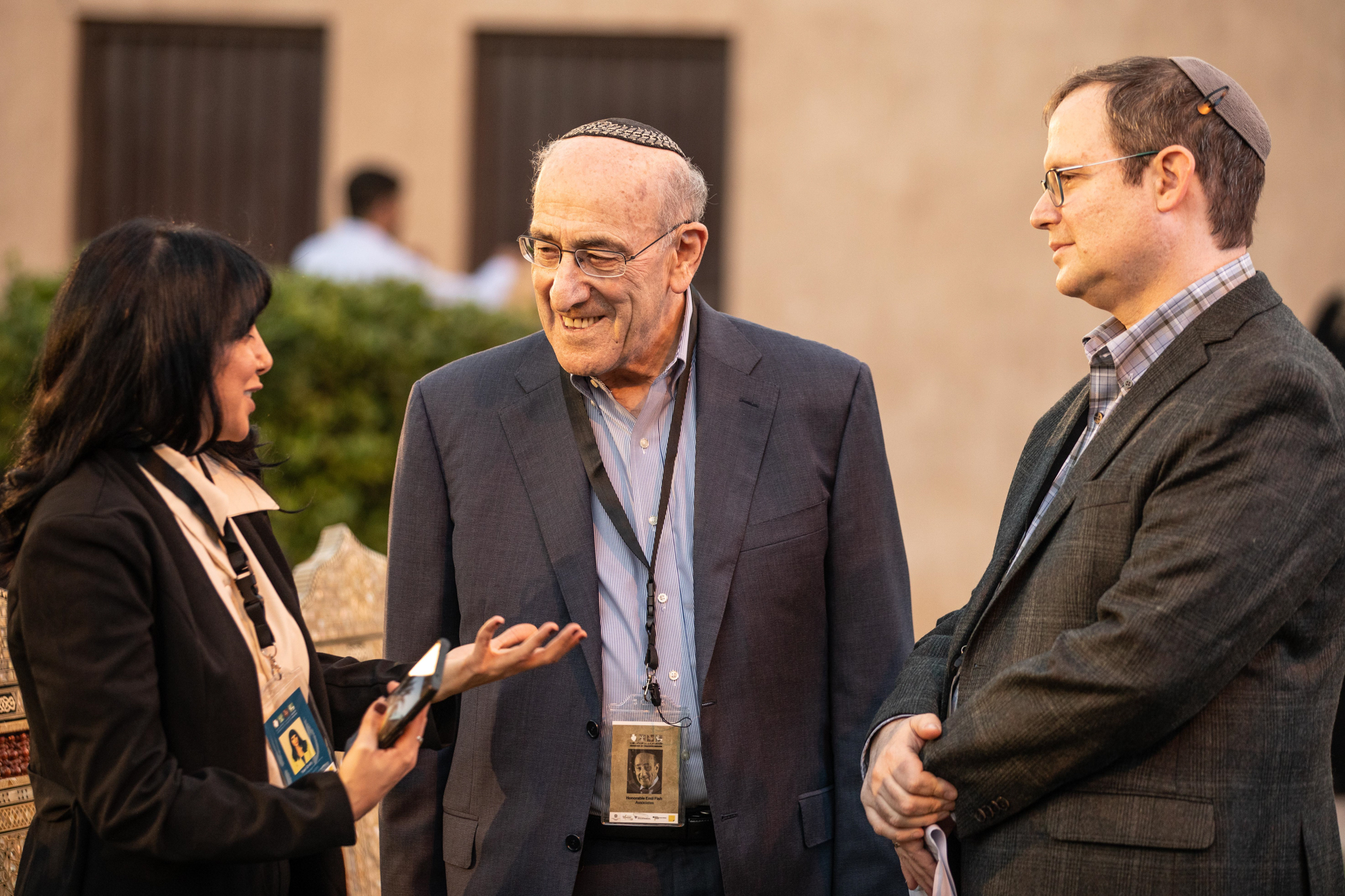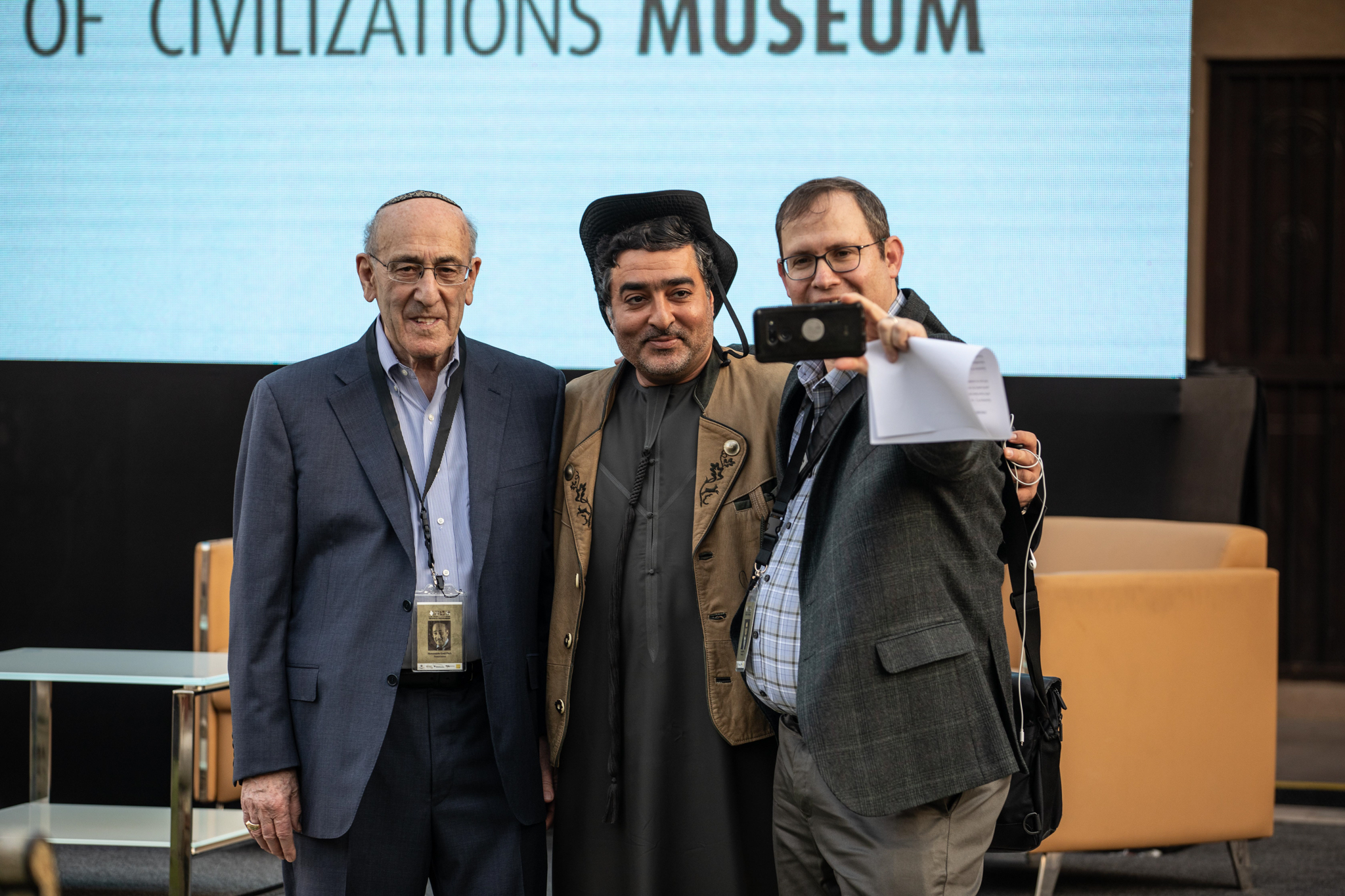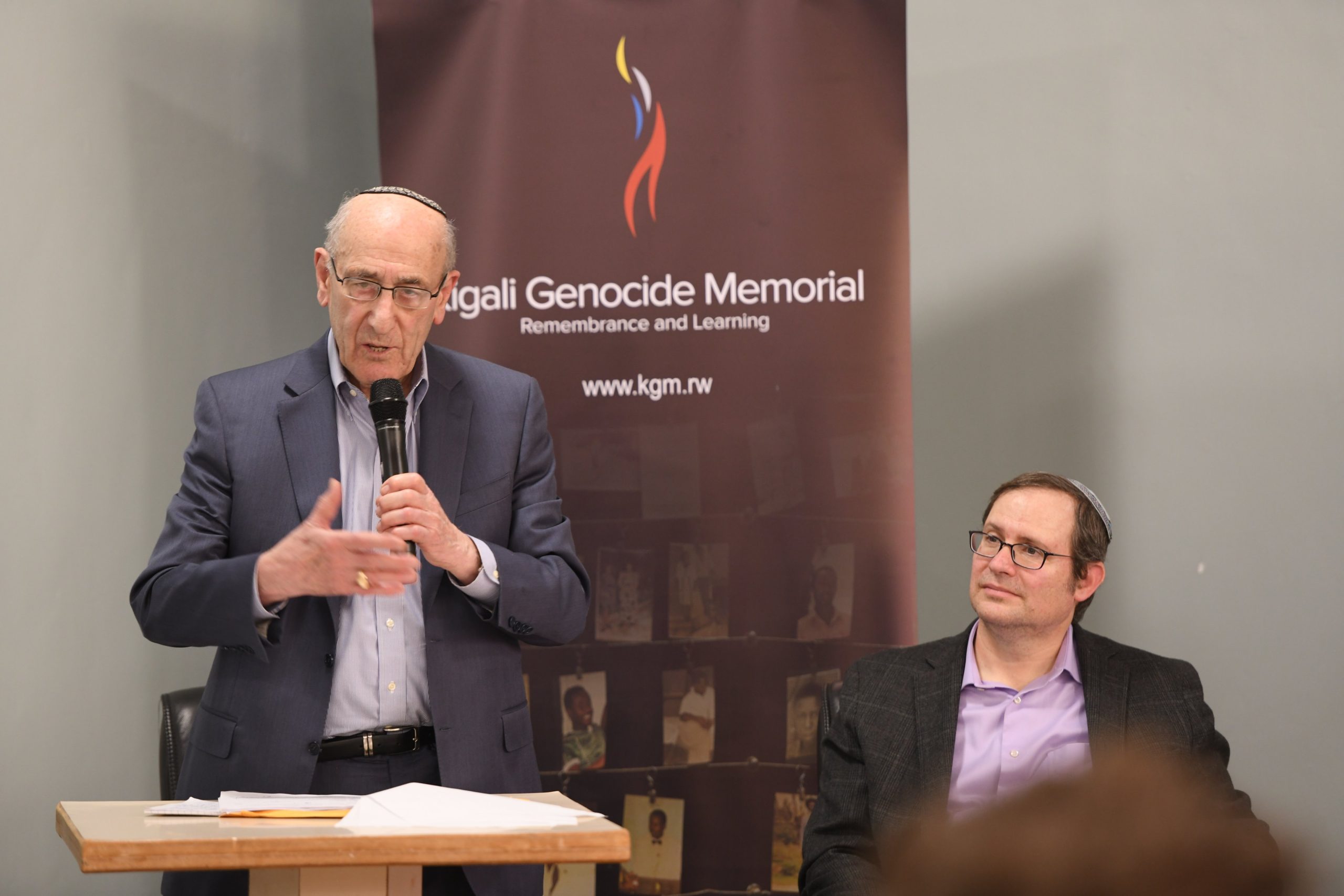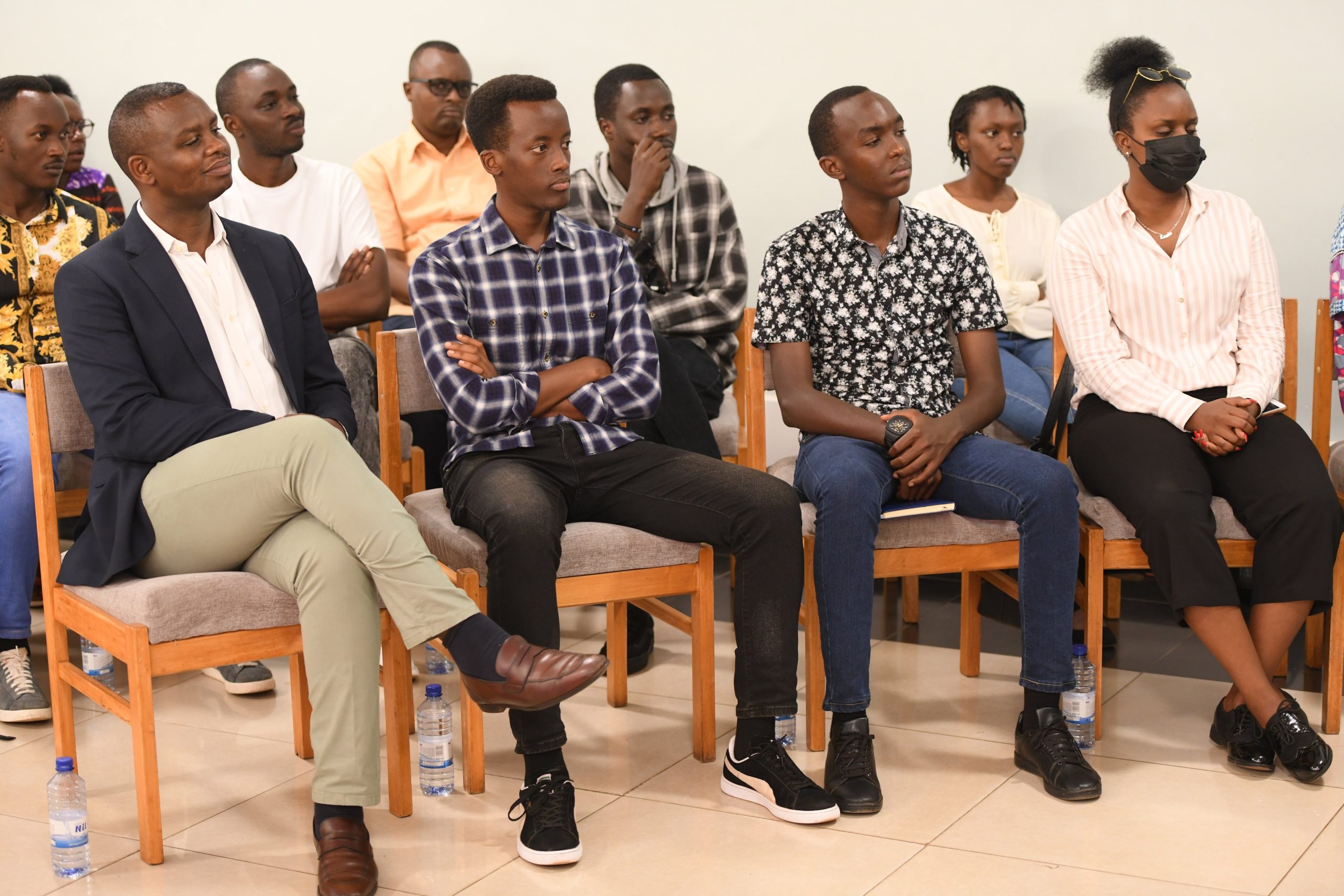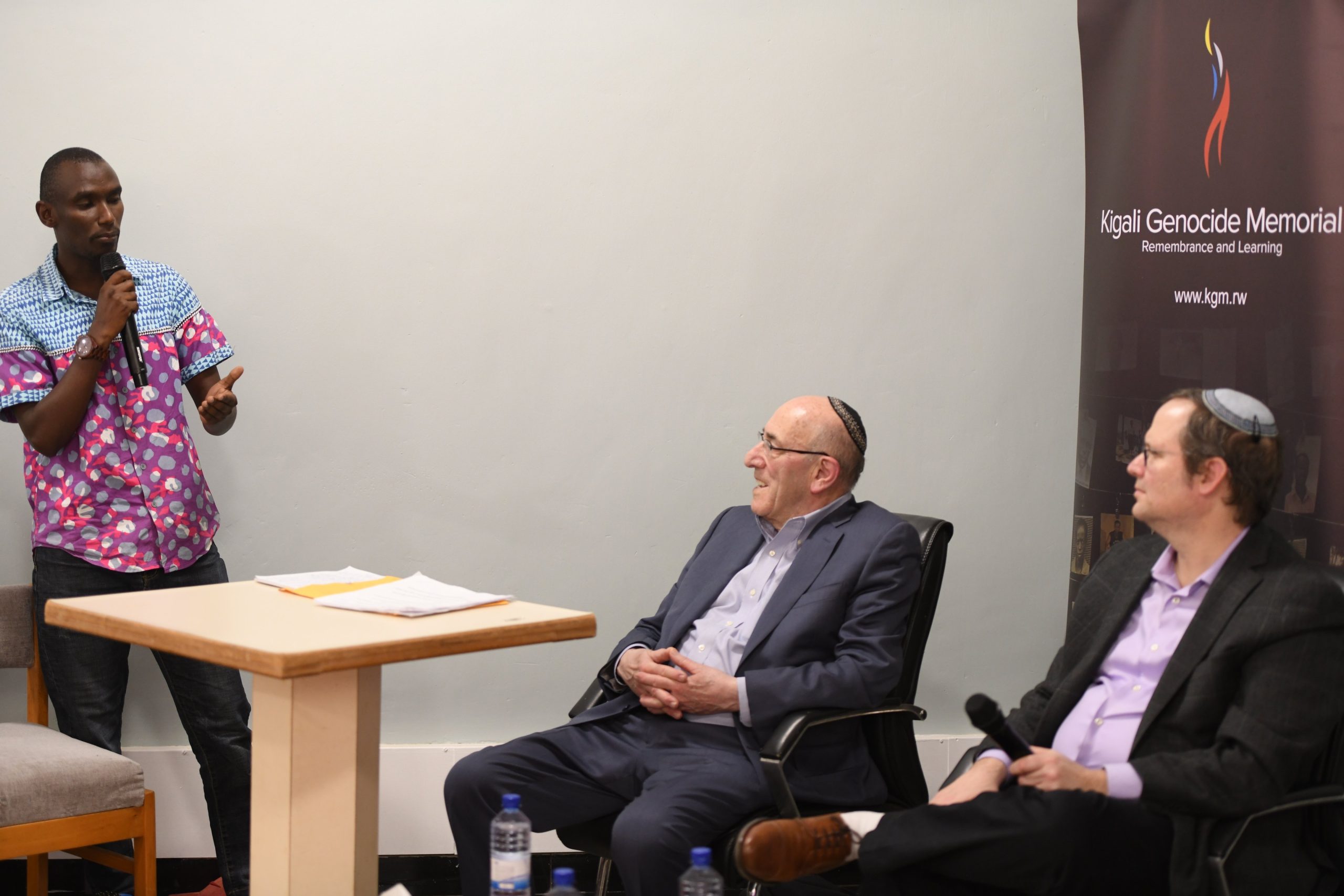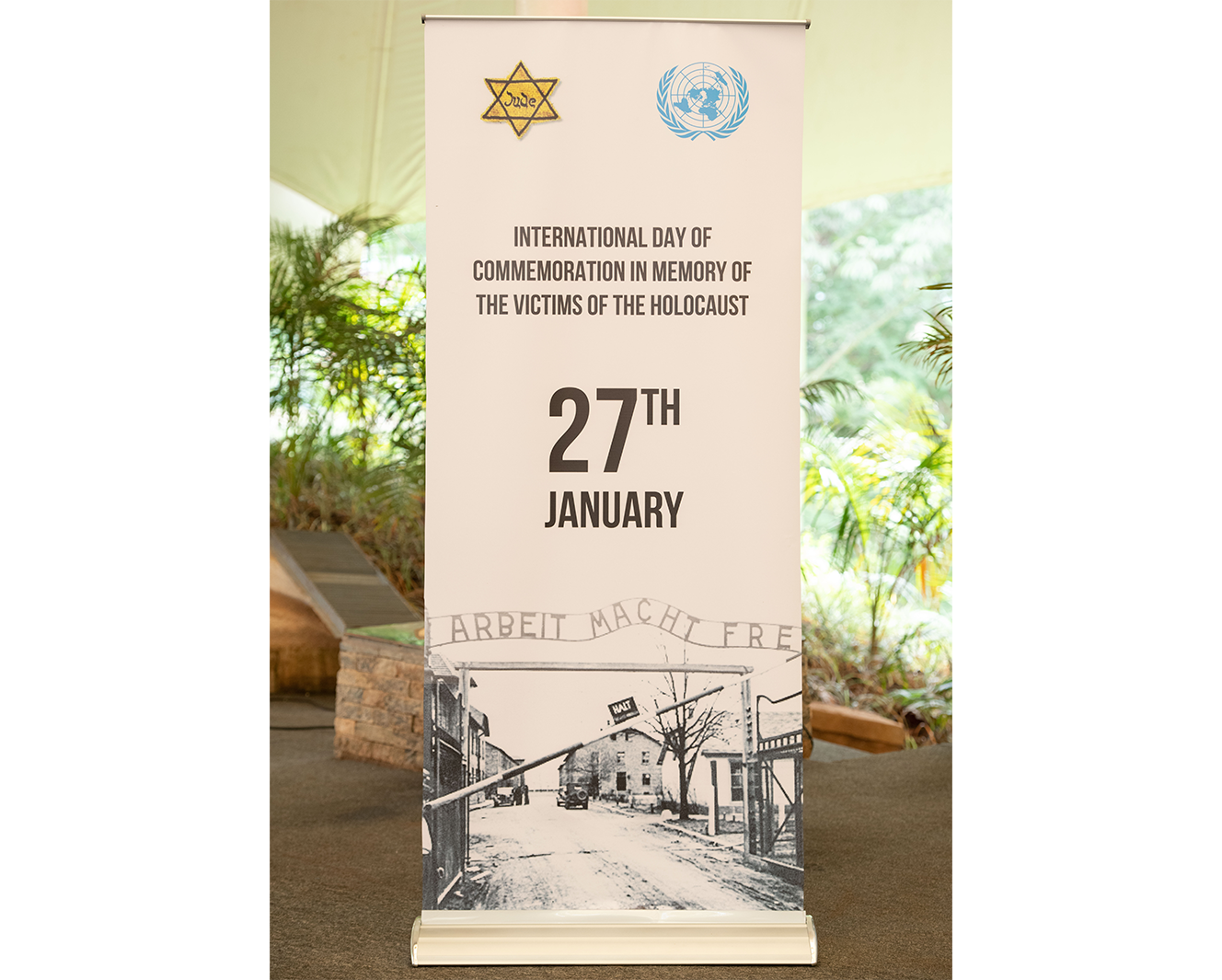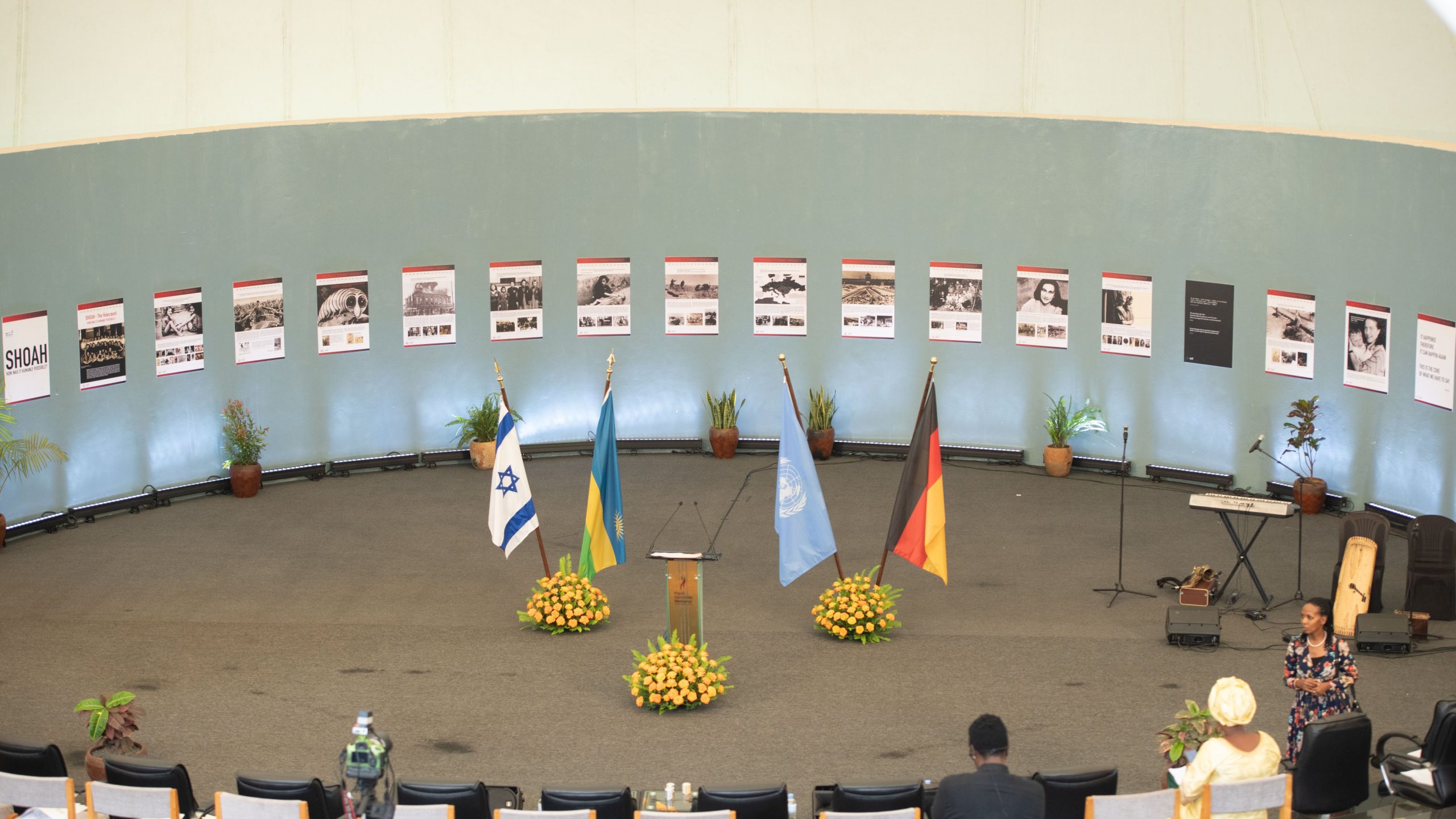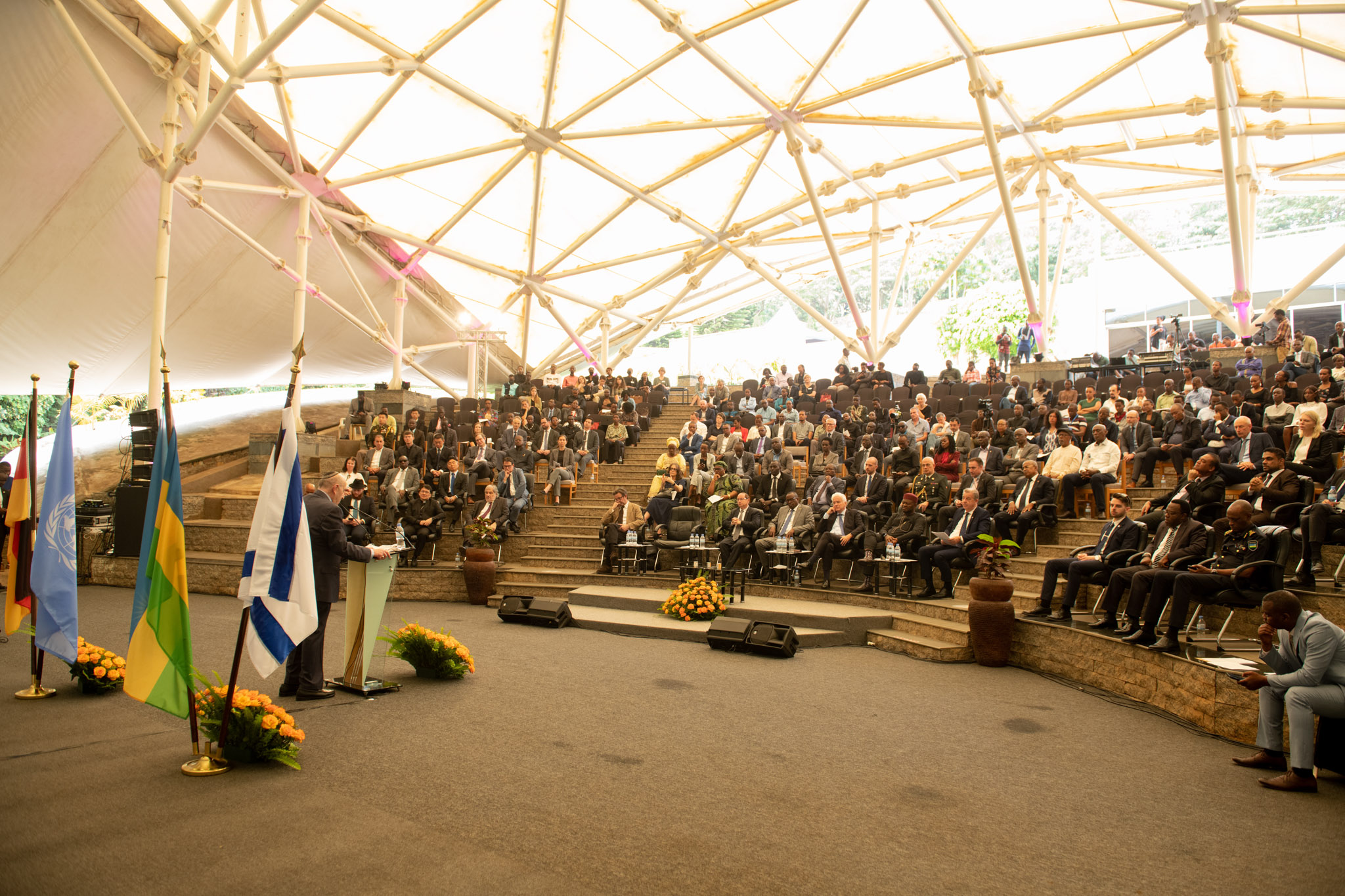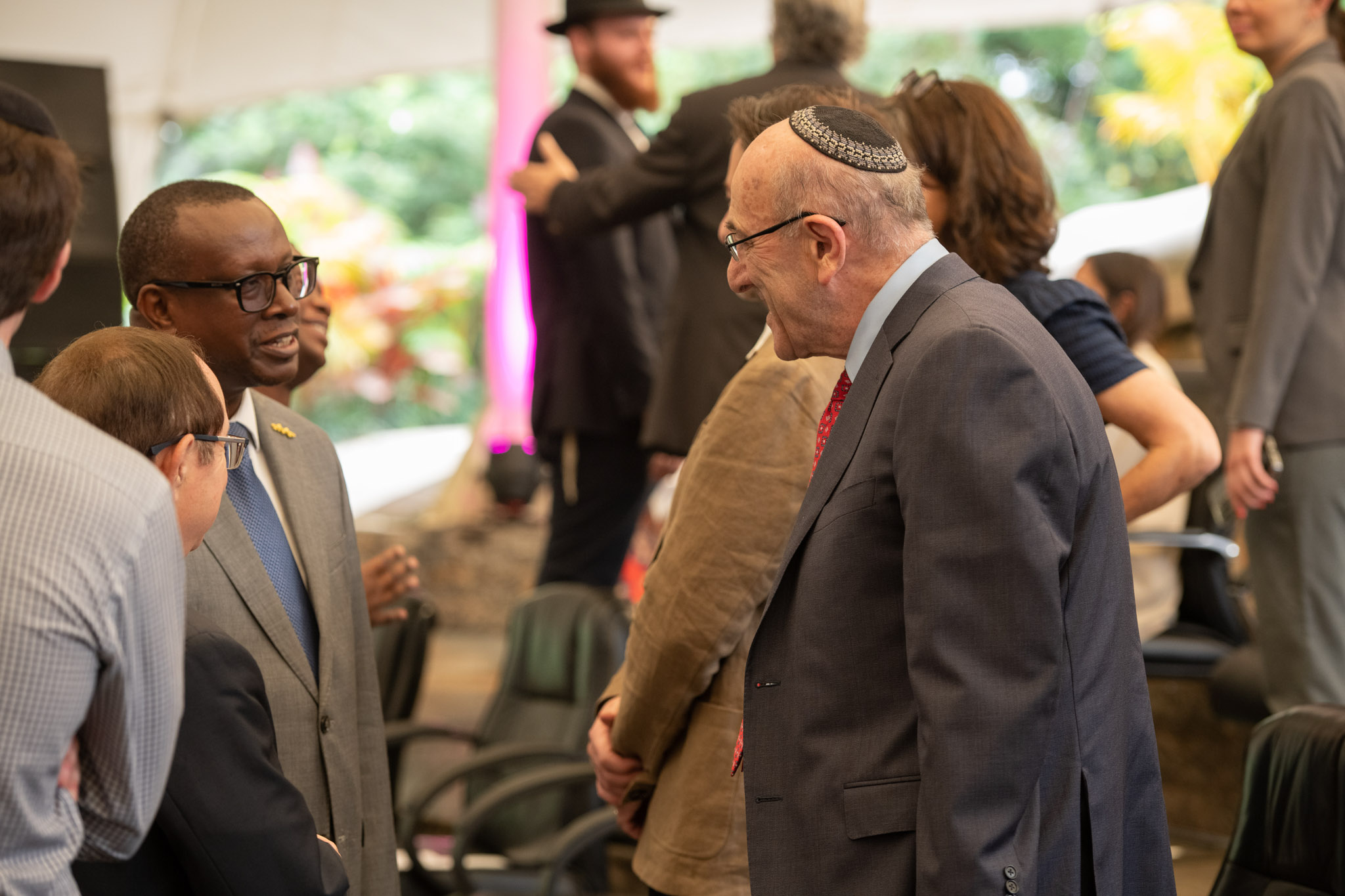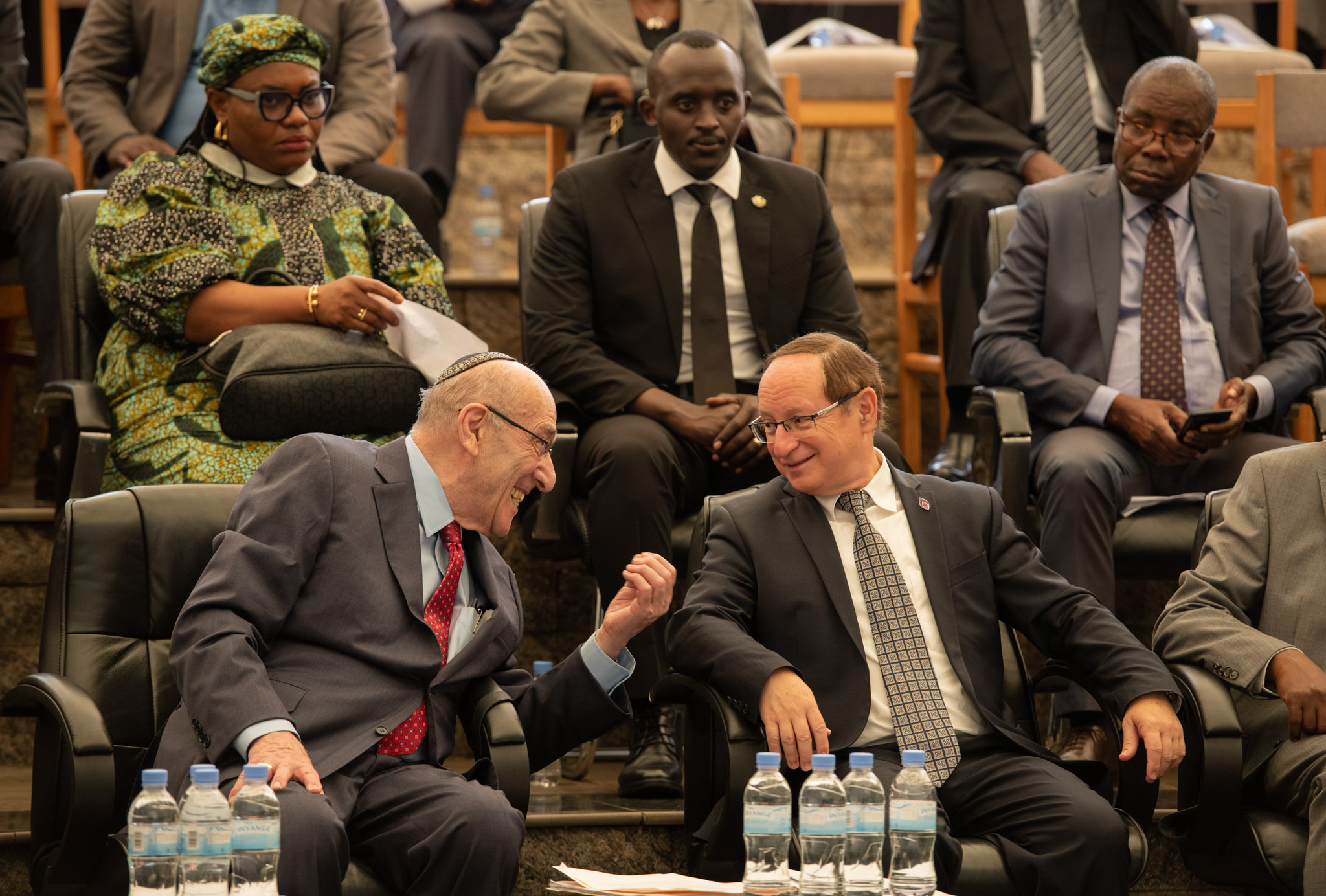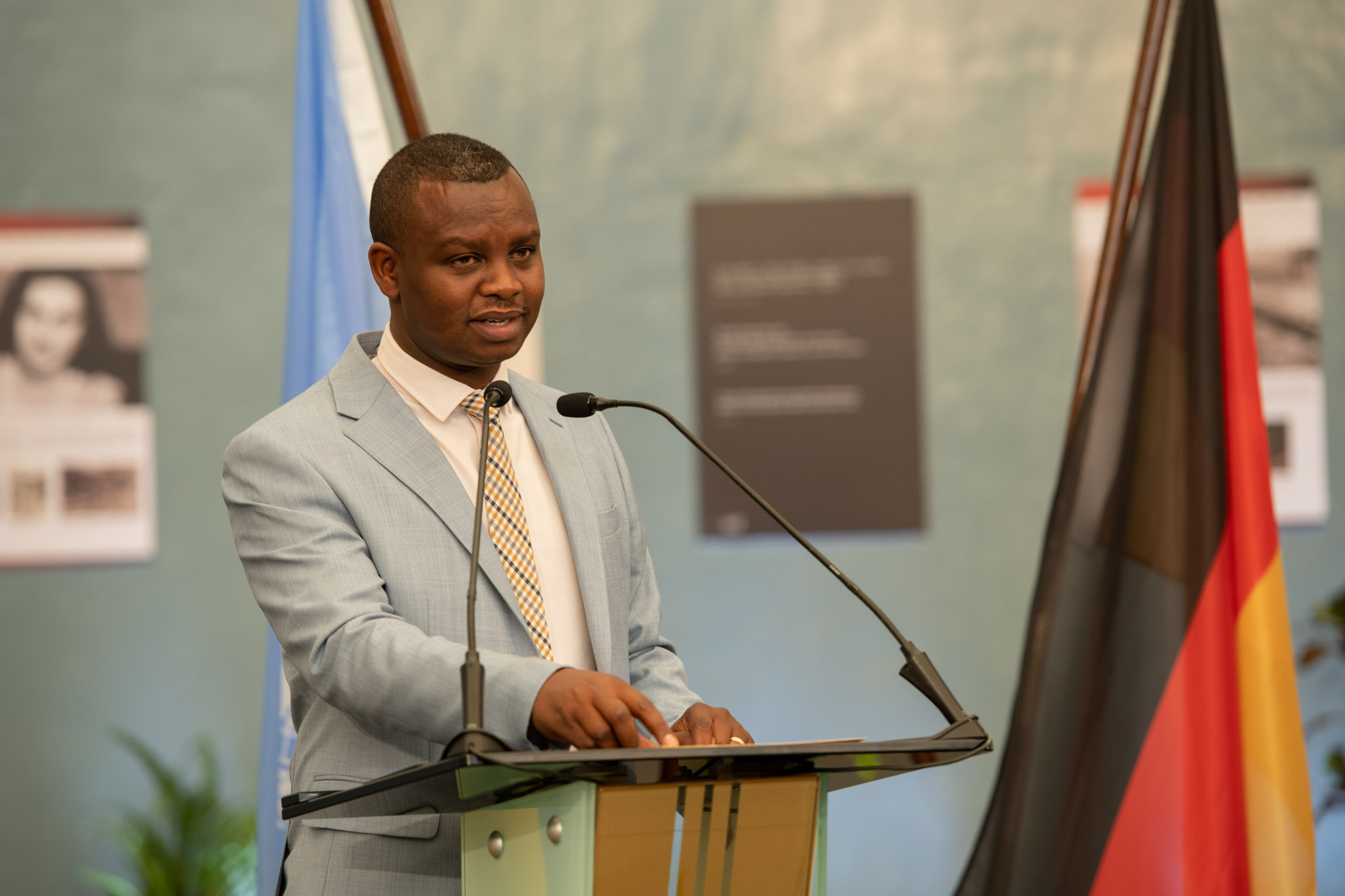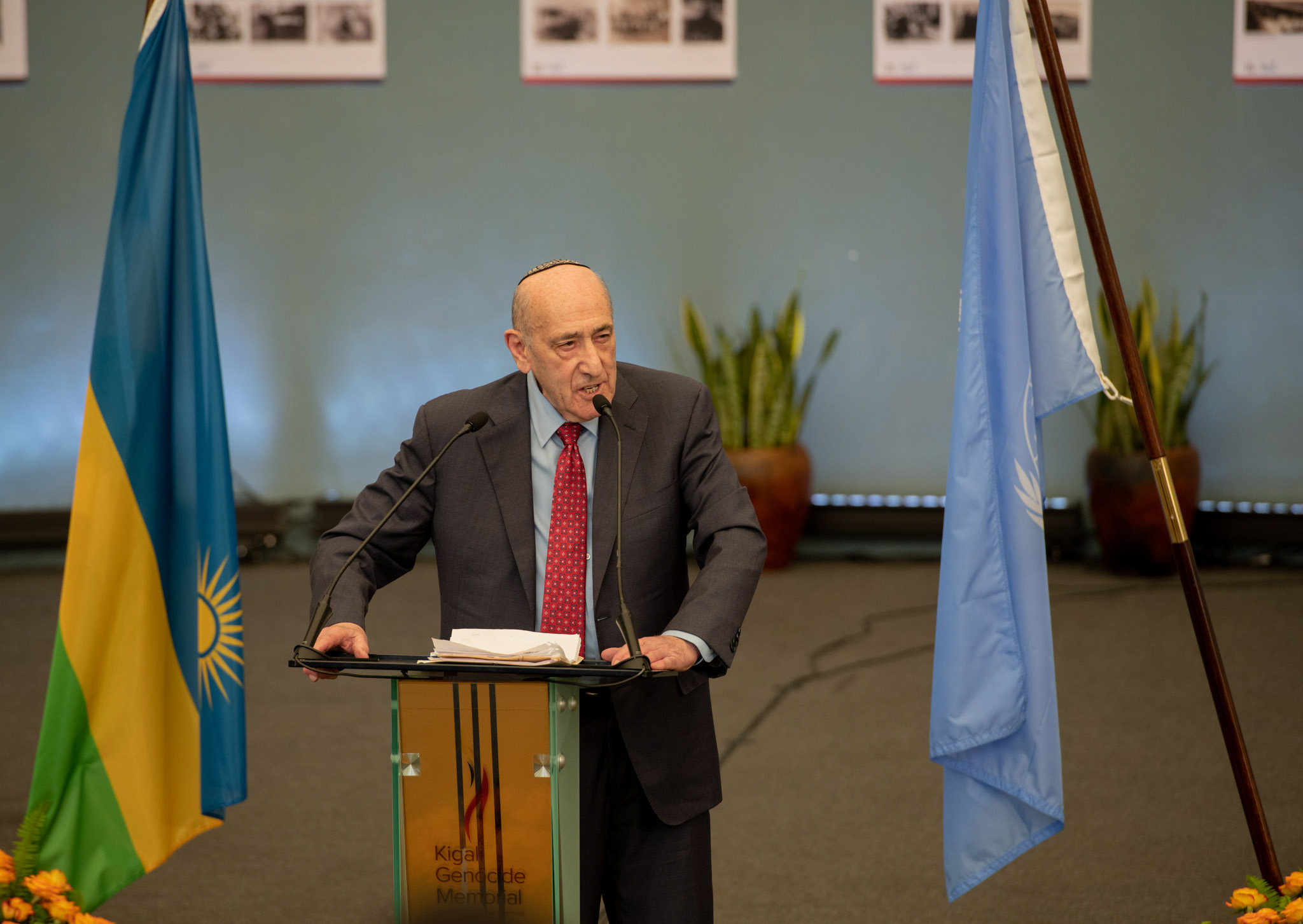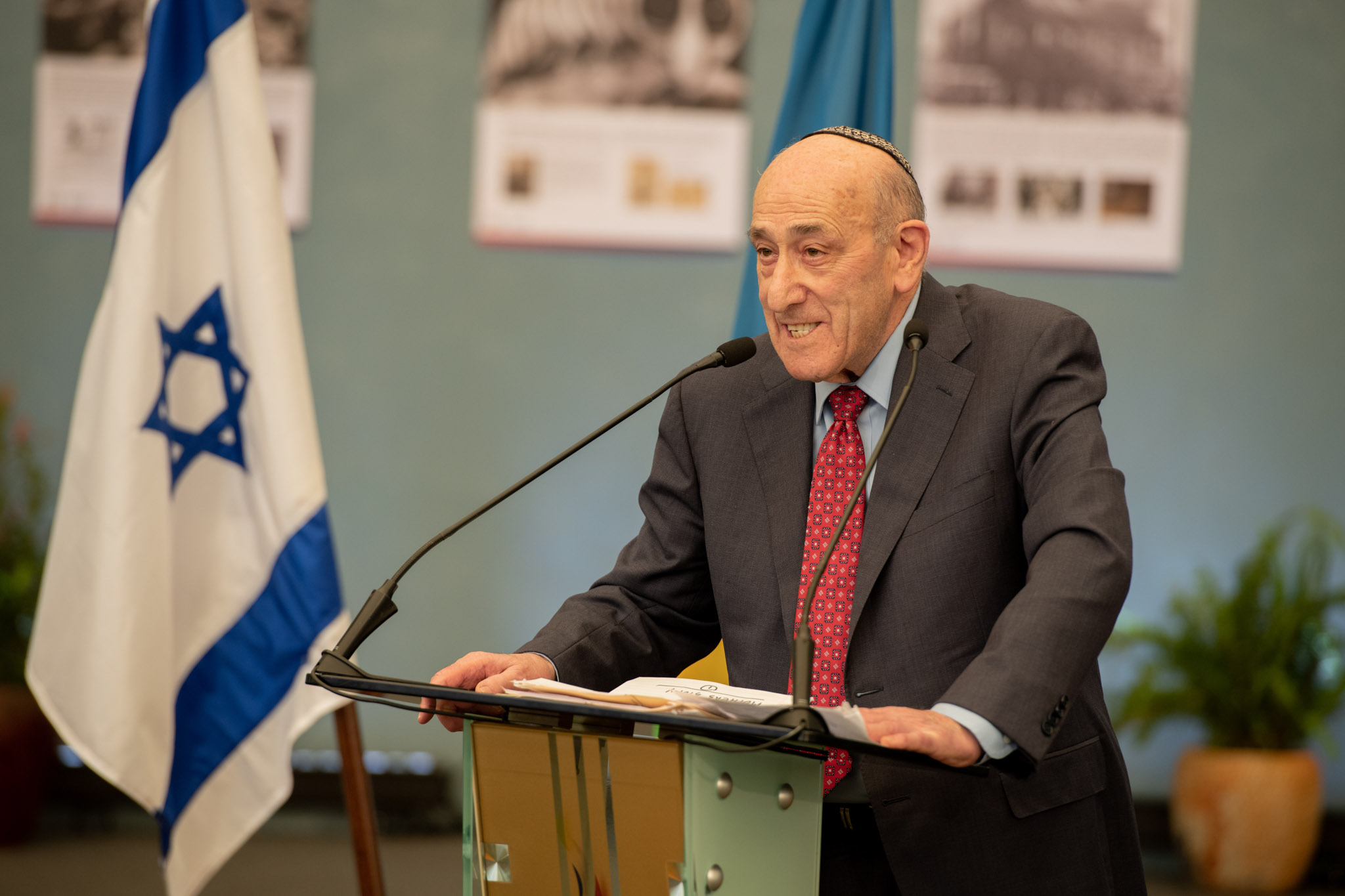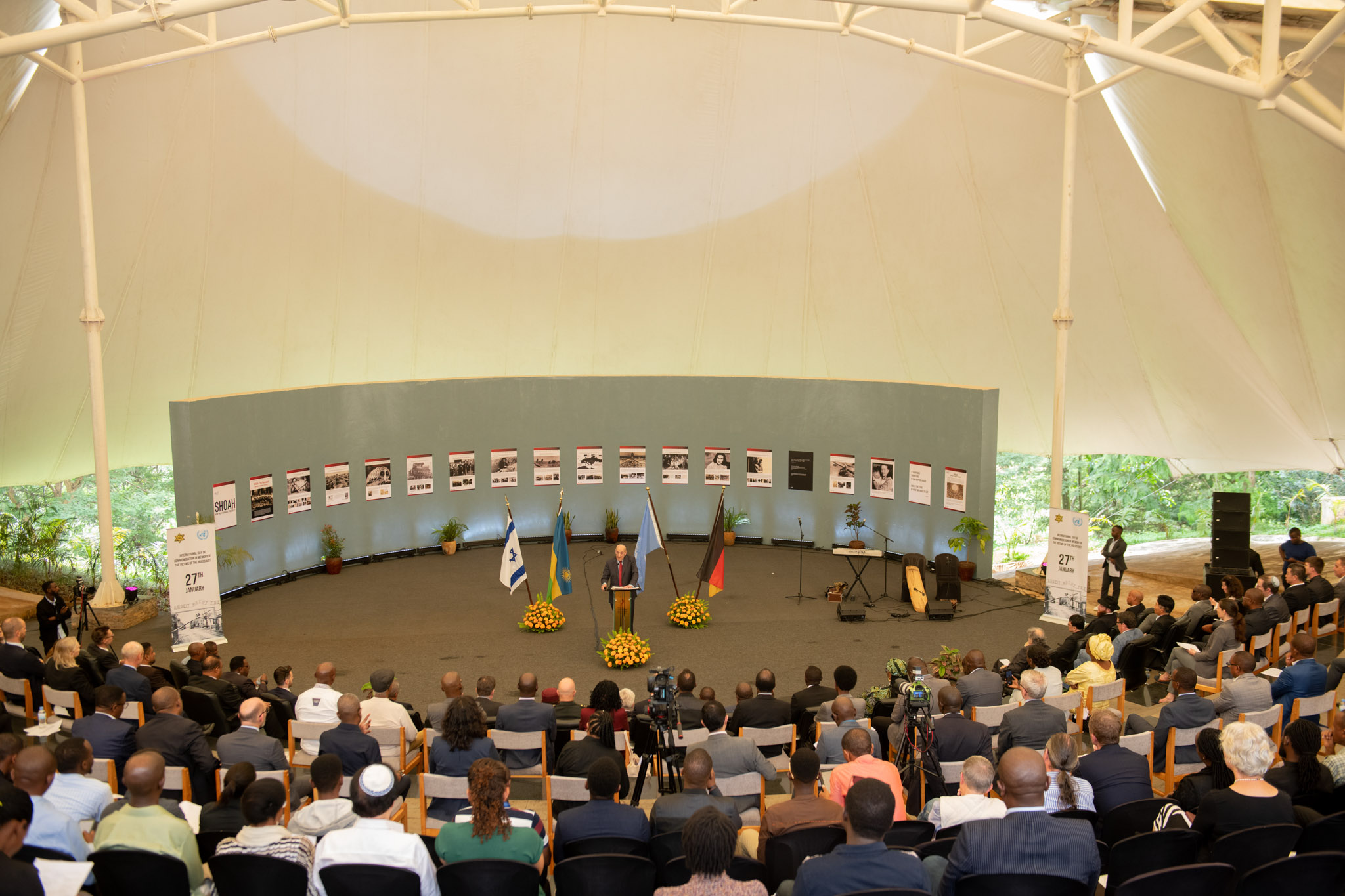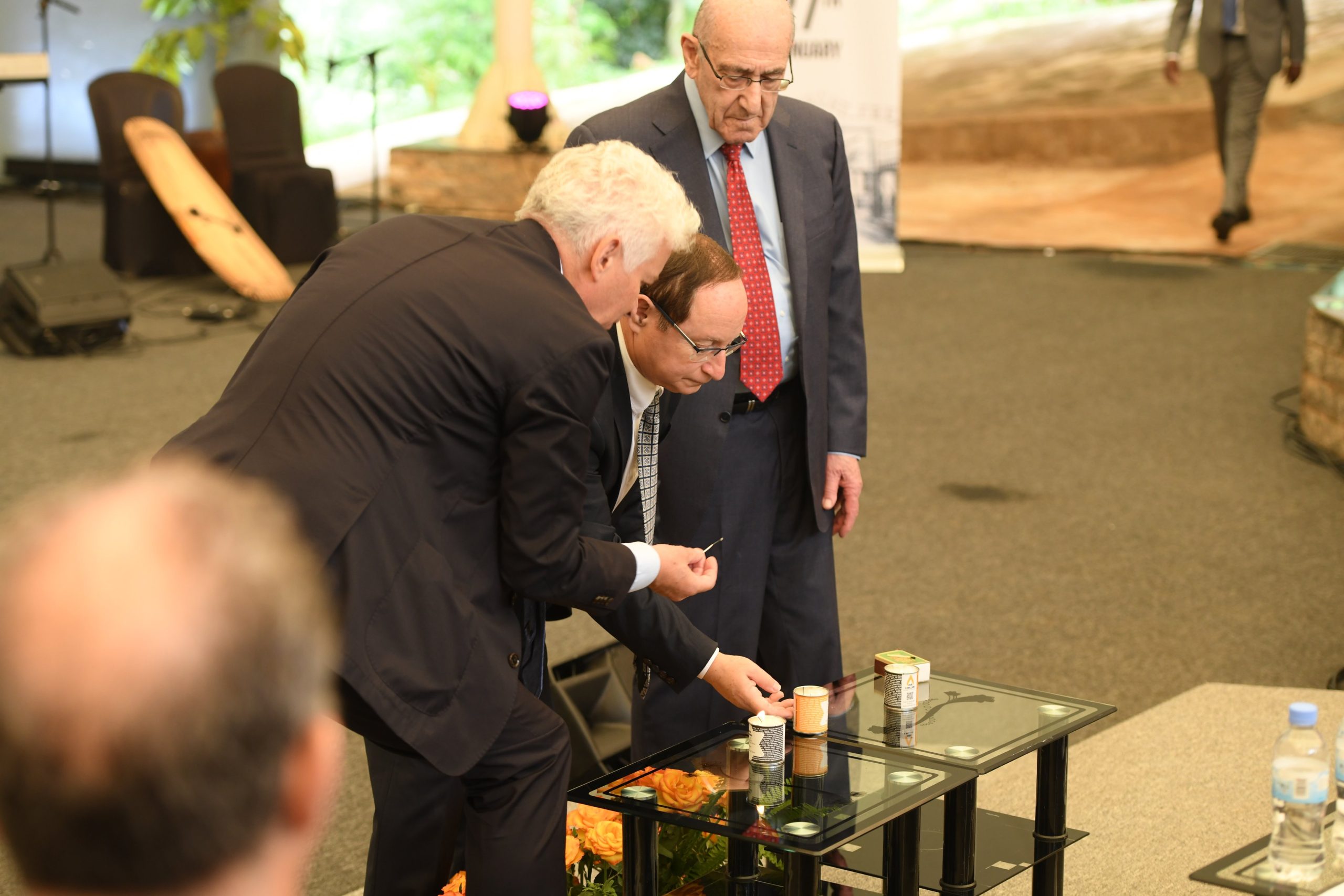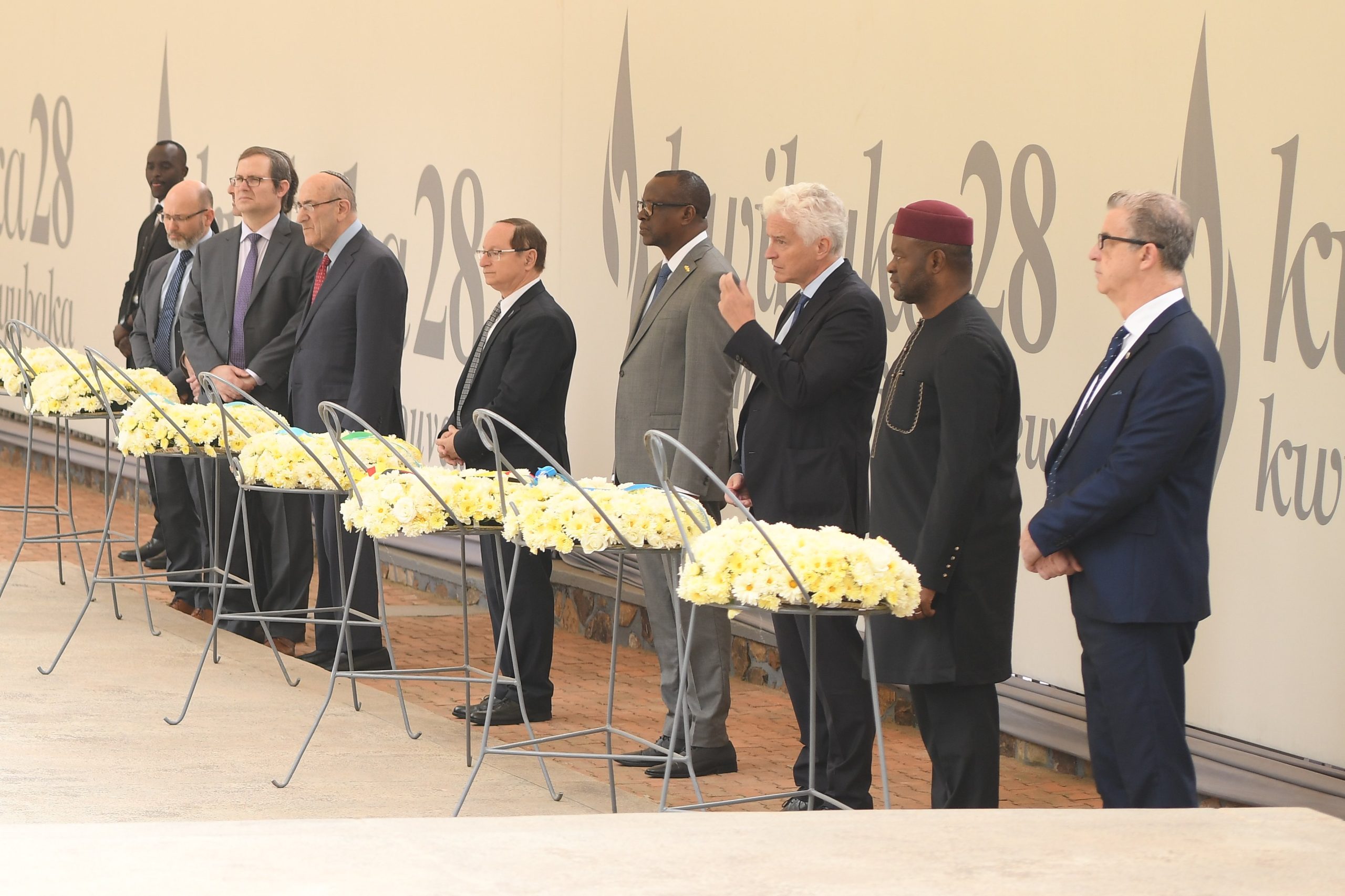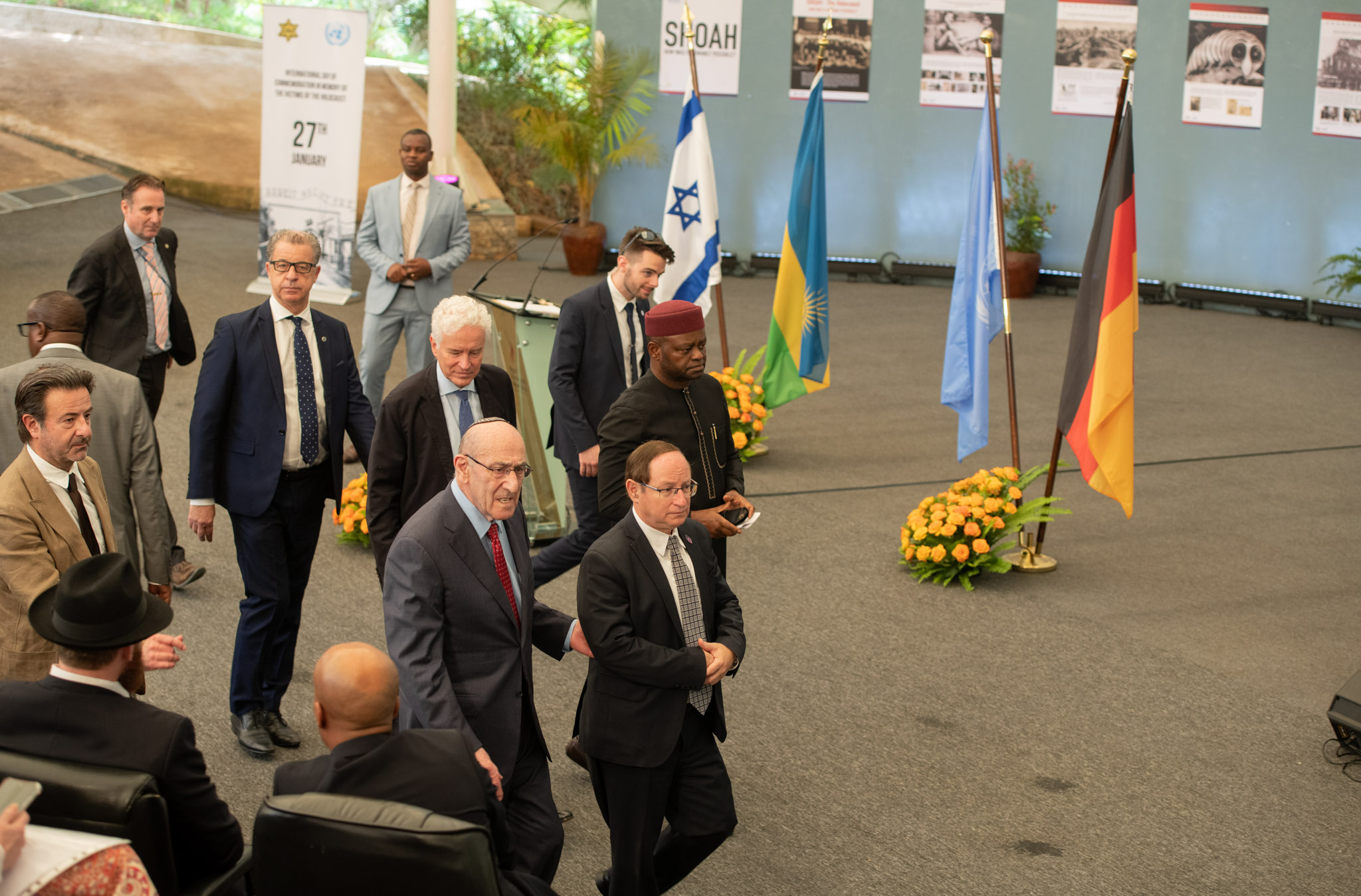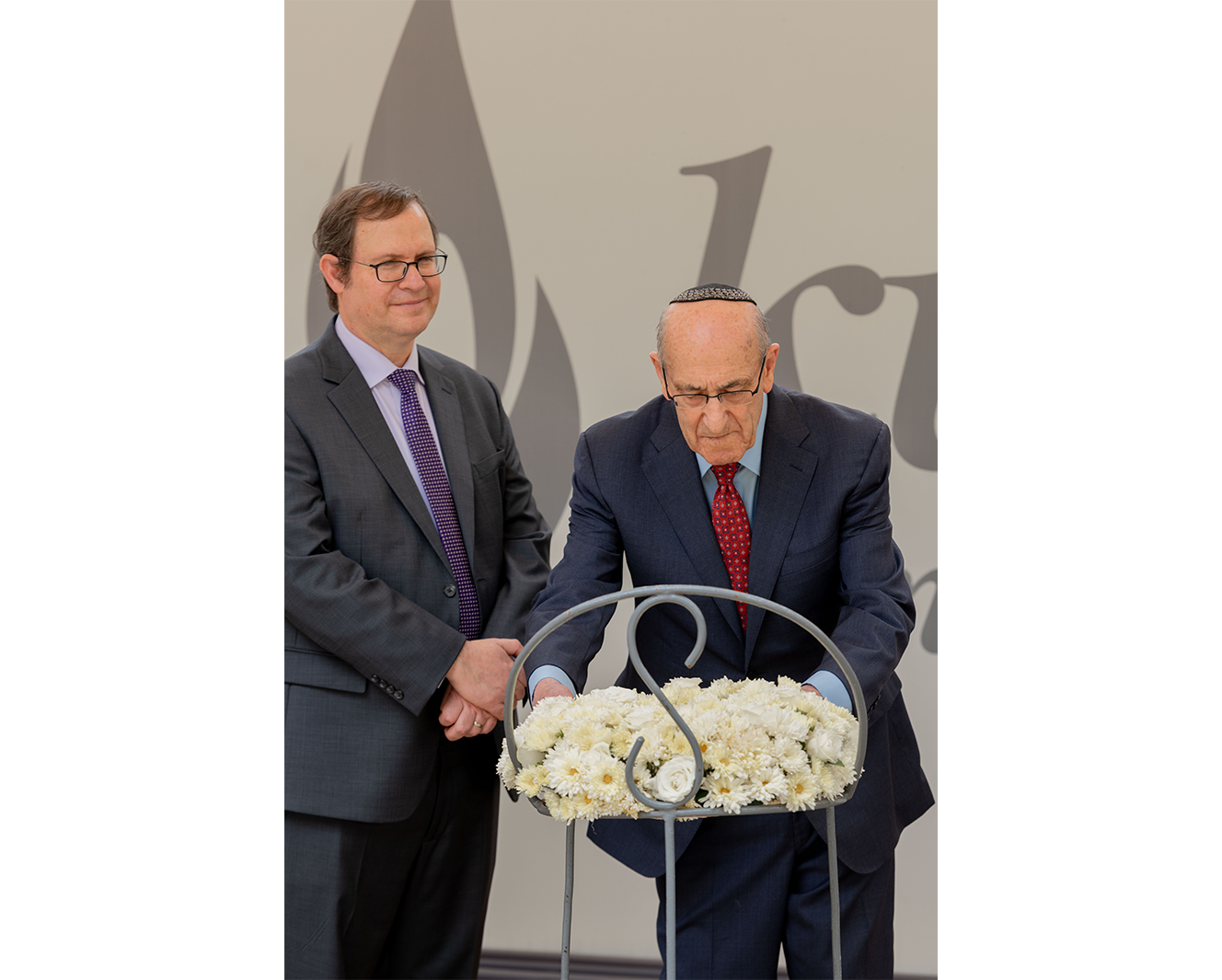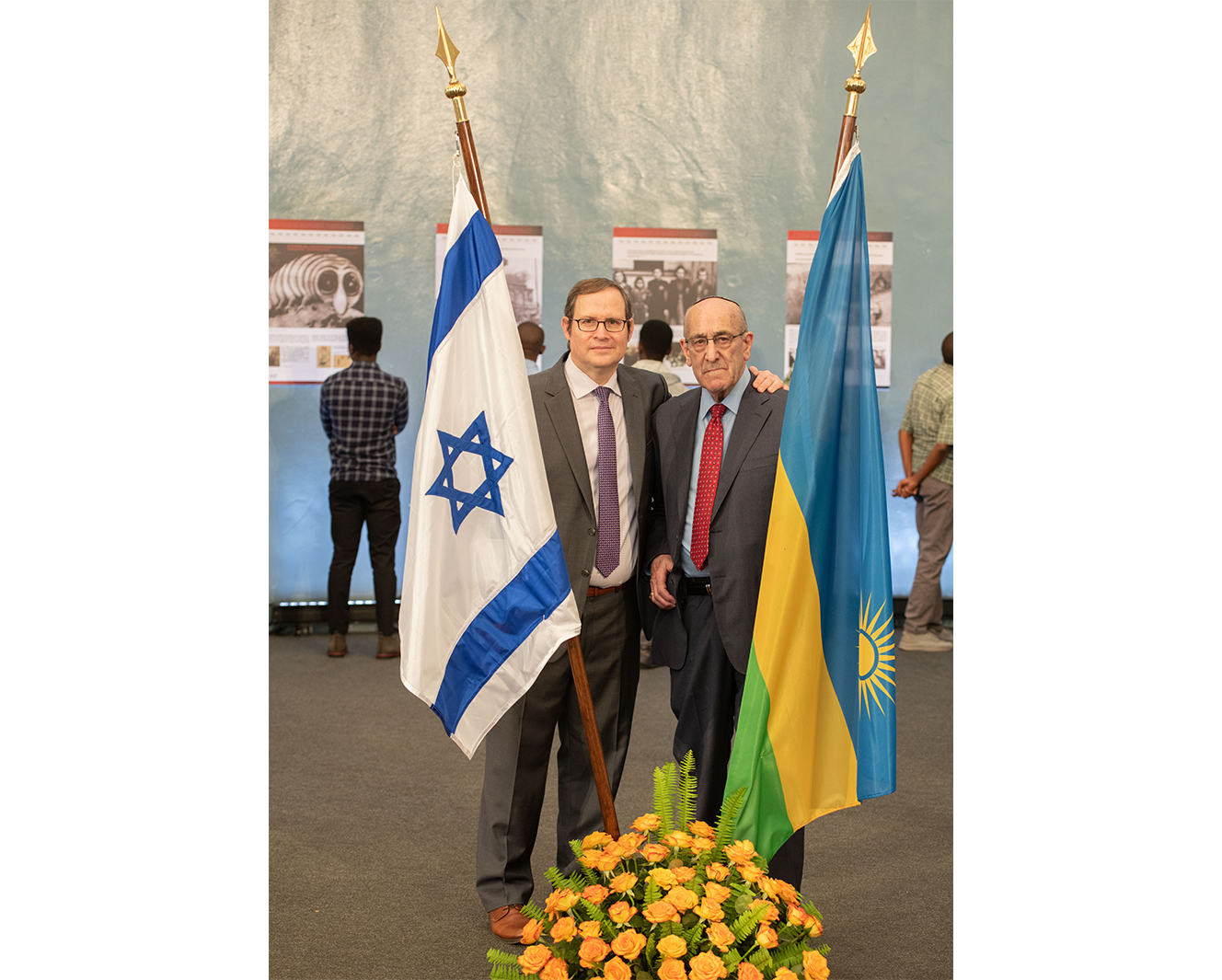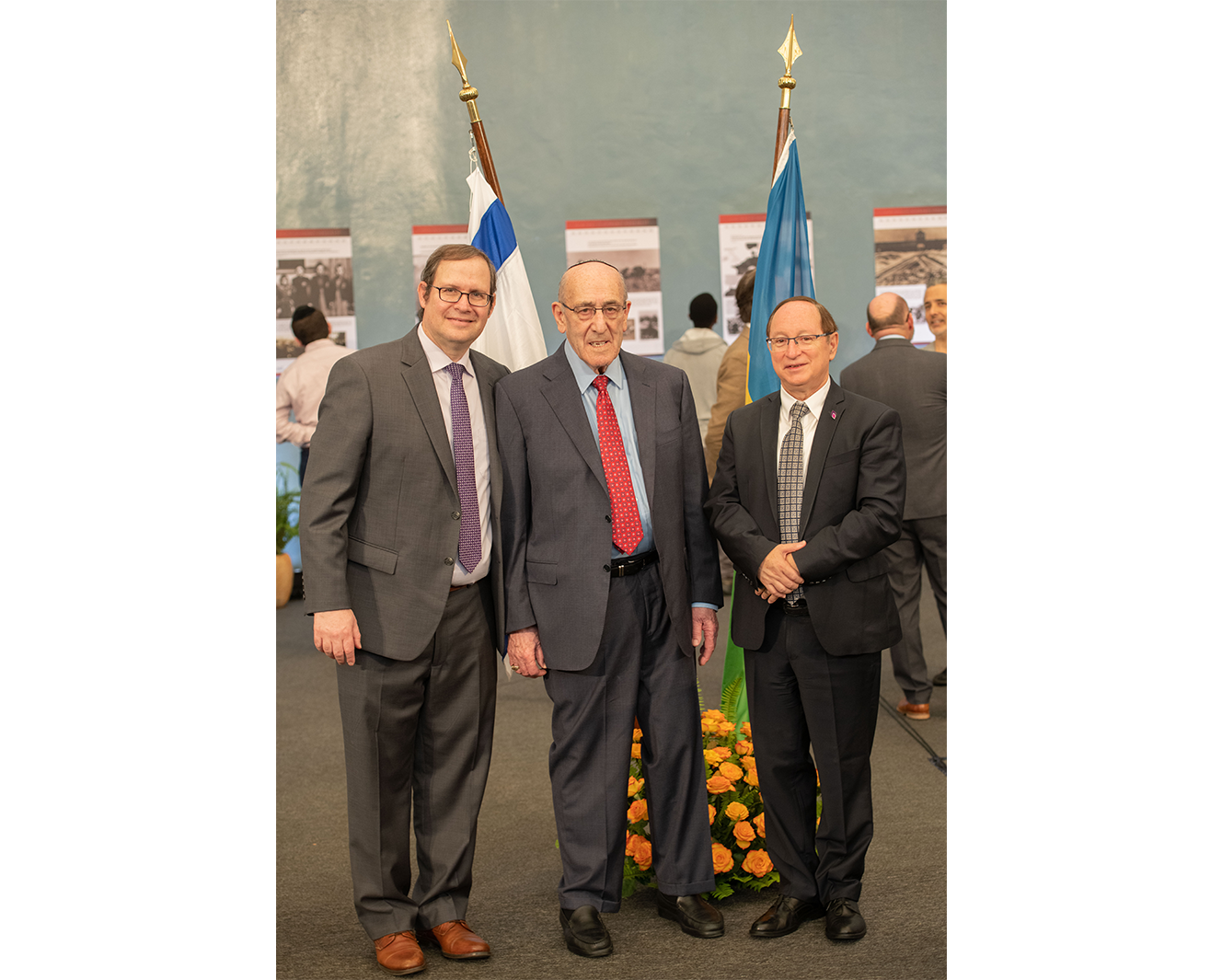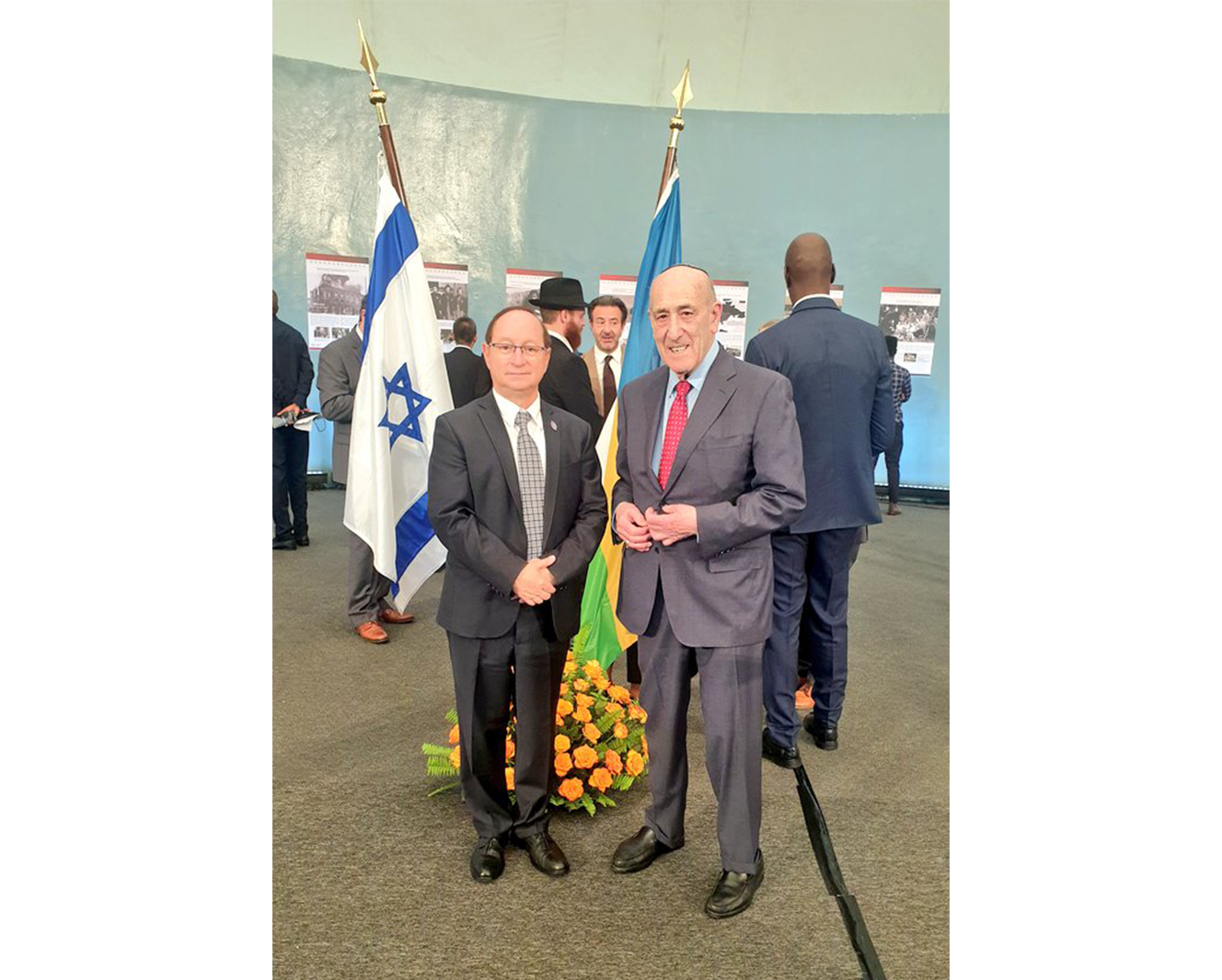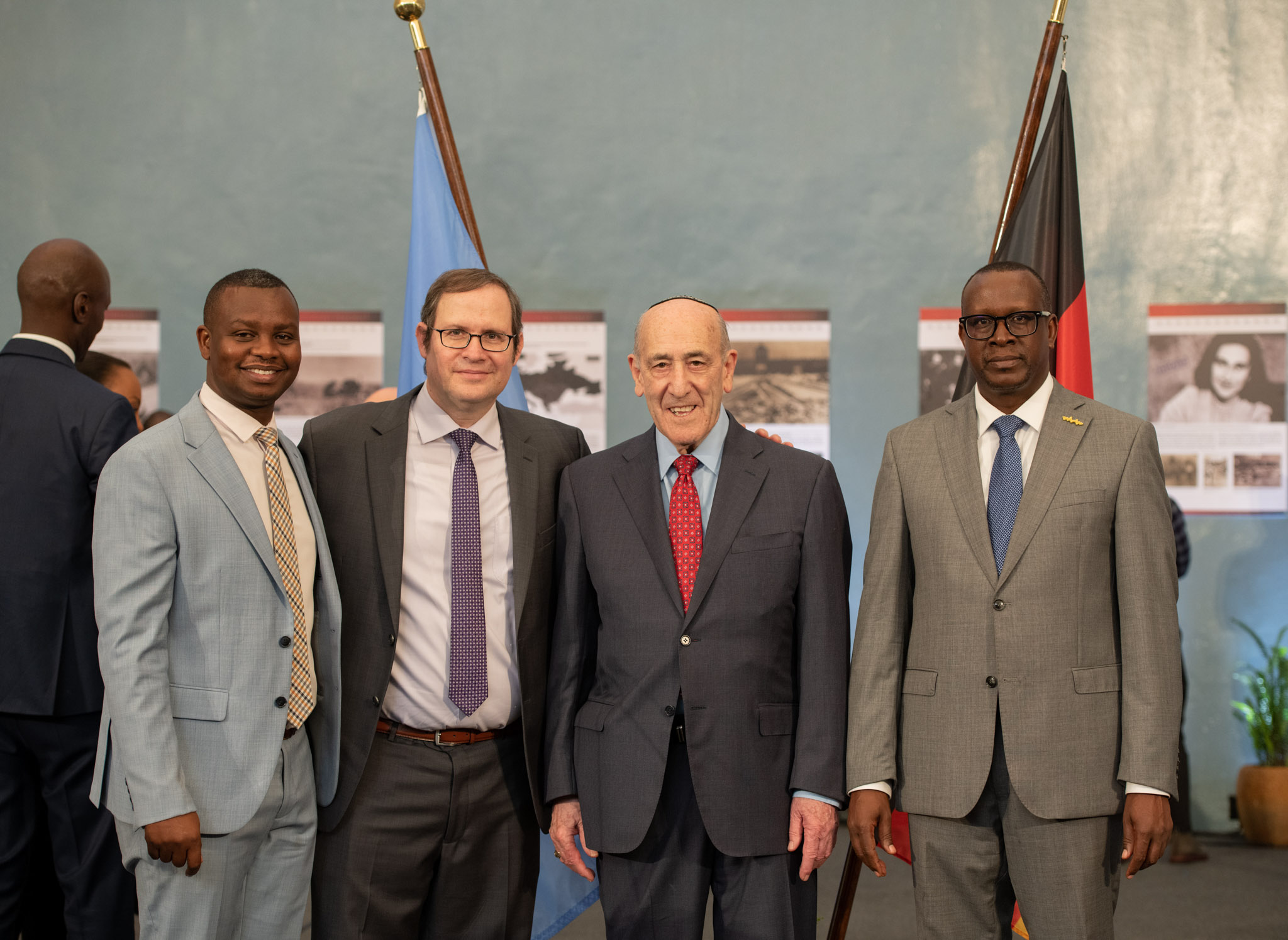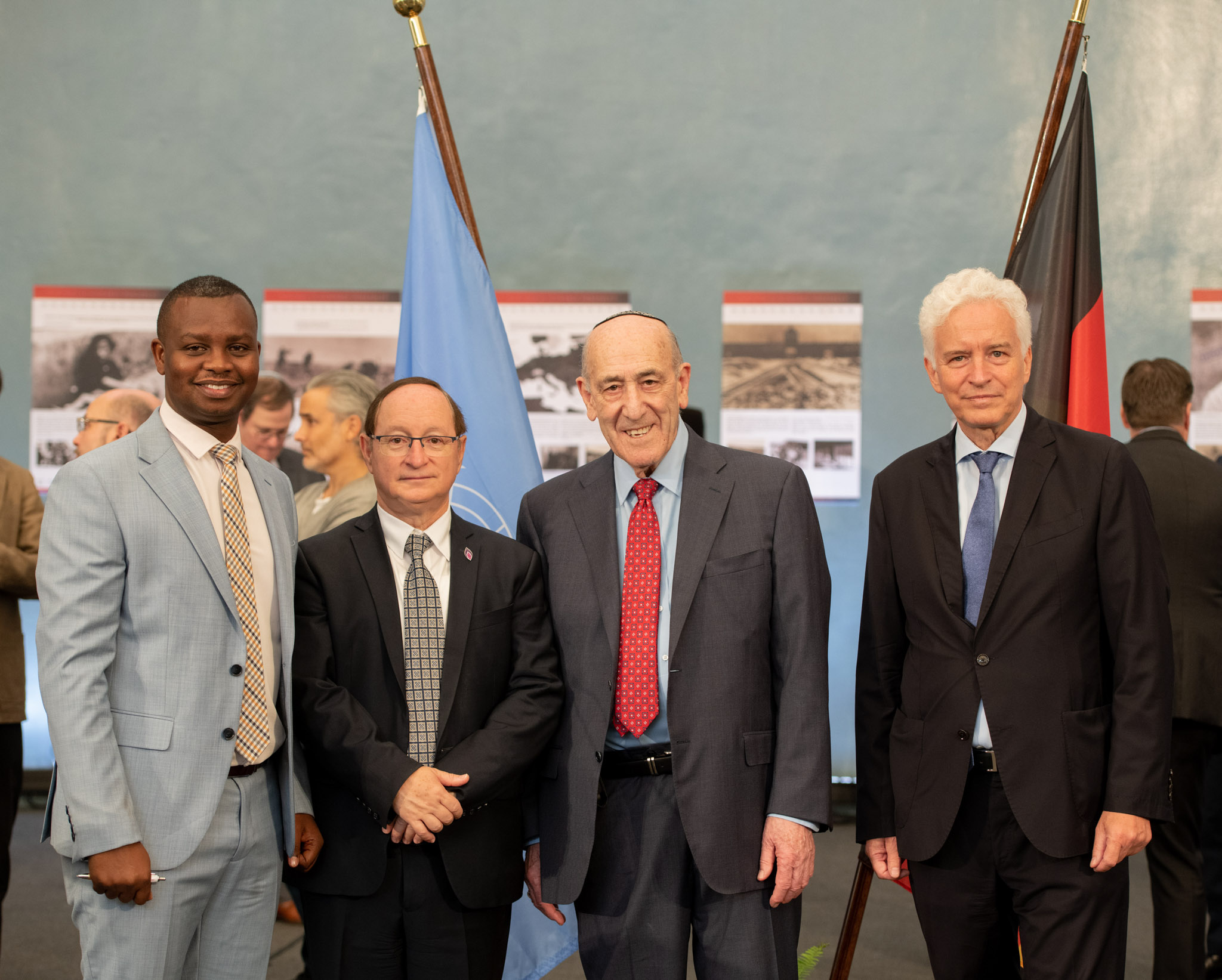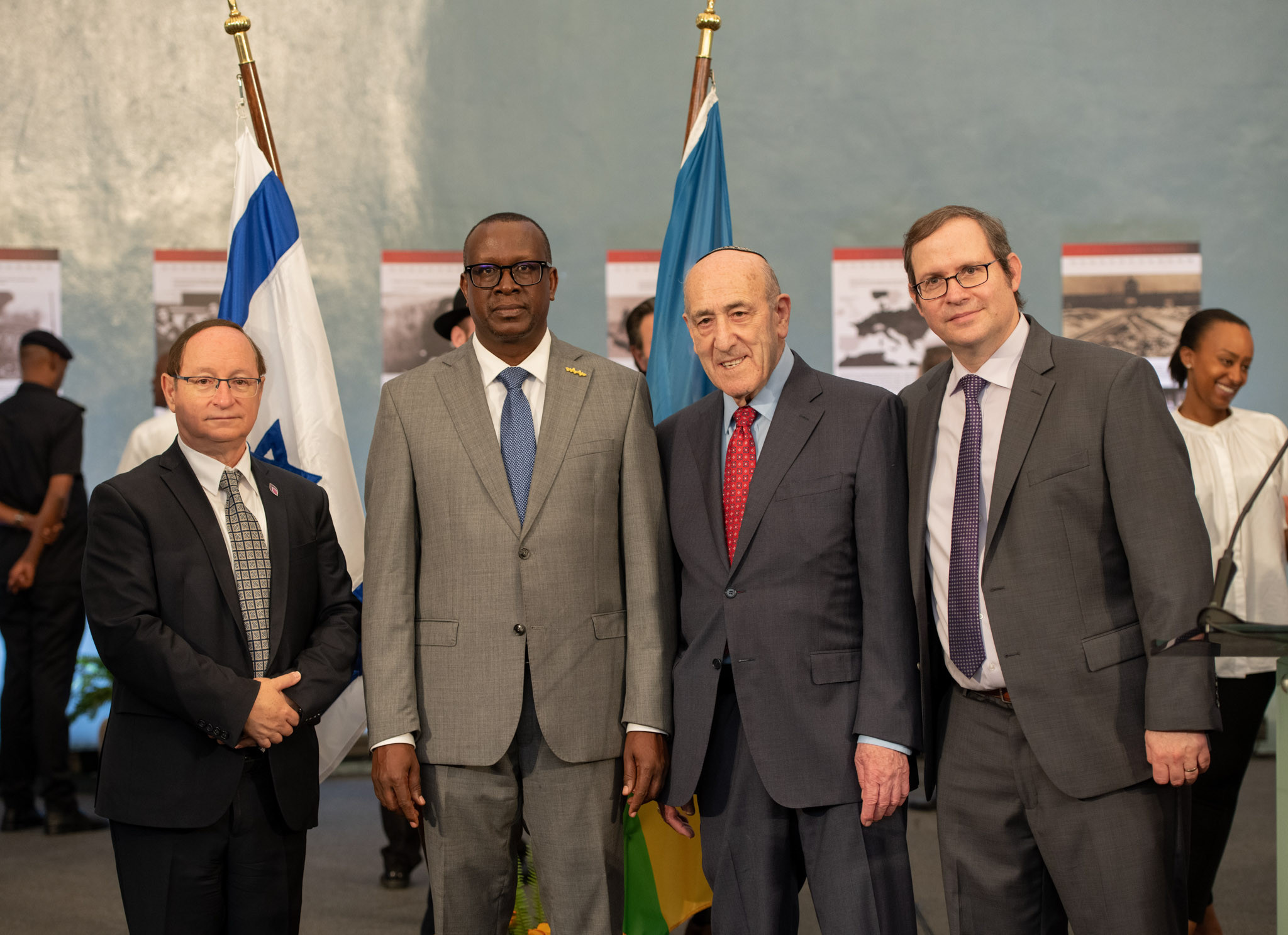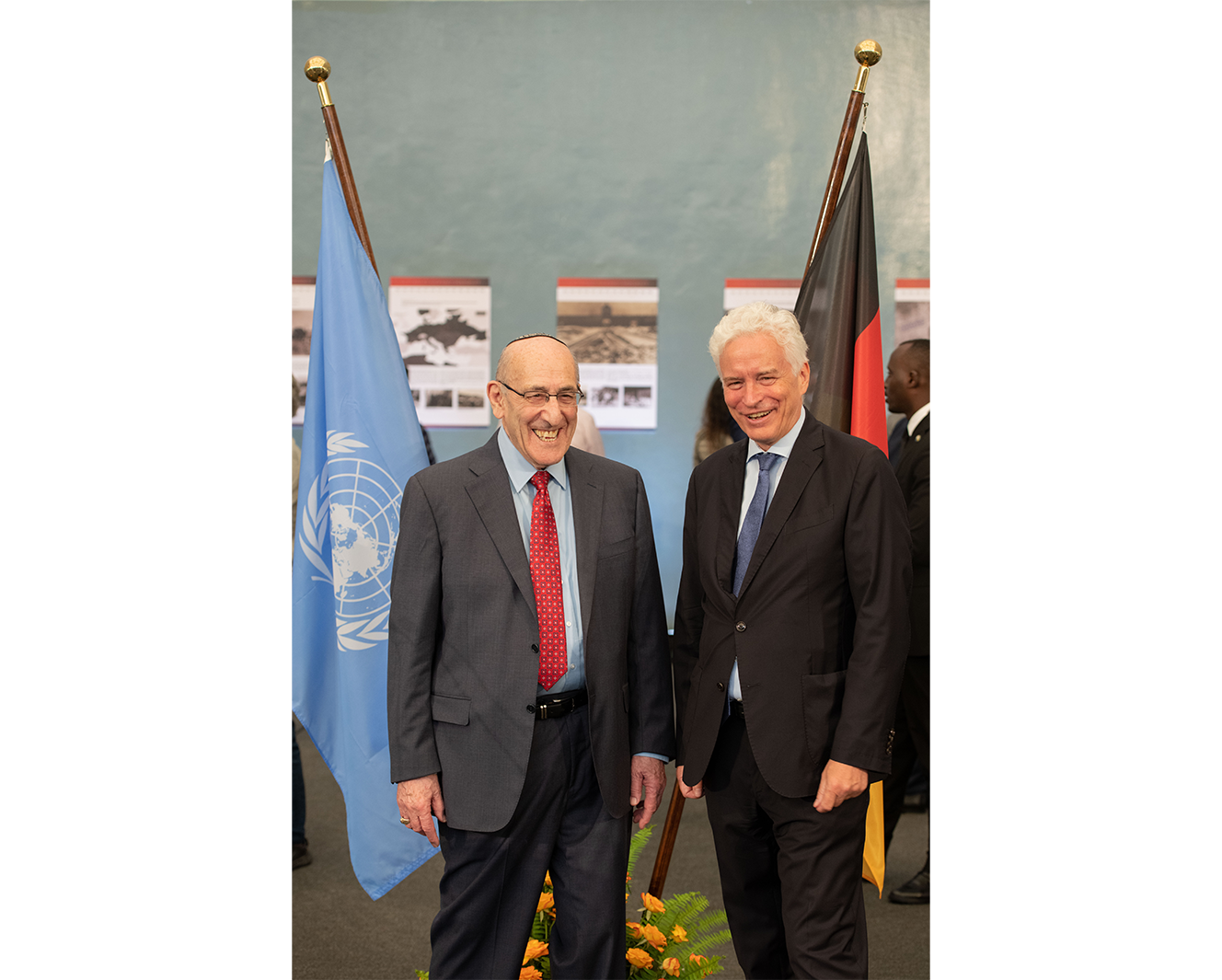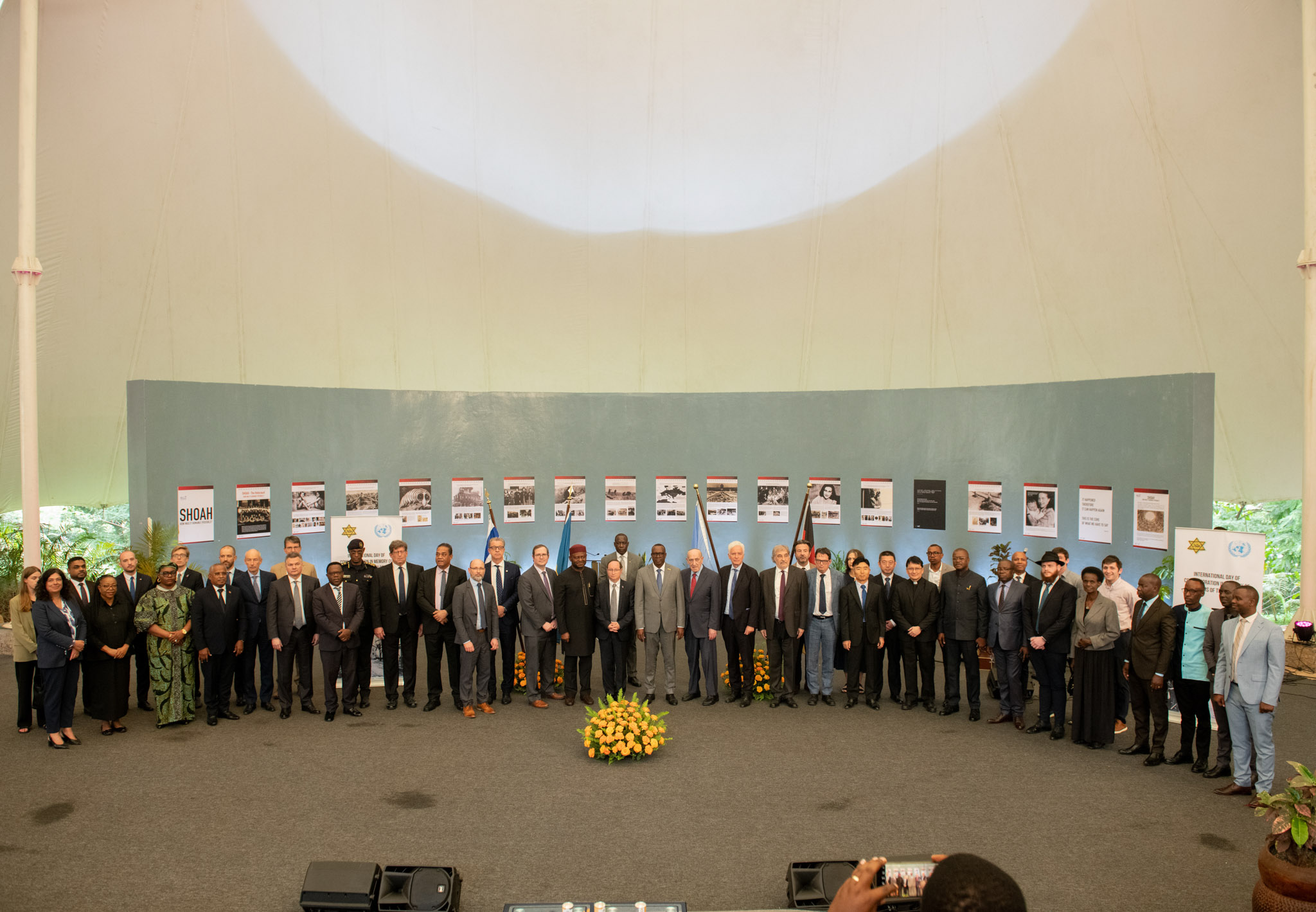
EDUCATION
An important mission of BJPC’s is to educate younger generations about the history of Judaism and the Holocaust, with an emphasis on the people of Bardejov, Slovakia.
We do this by providing direct opportunities for students and adults within Bardejov to reconnect to the Jewish heritage of their town. Support for teachers helps ensure that young Bardejovers continue to learn about these elements of local history. Students in Bardejov also have the opportunity to participate in our annual Writing and Art contests, featured below.
Additionally, we offer opportunities for non-Bardejovers to learn about this exceptional story through heritage tours. Most recently we collaborated with MEOR/JRoots to bring a large cohort of young professionals from the USA to Bardejov. Future trips of a similar nature are planned and we are always looking to accommodate new groups who wish to enjoy an immersive learning experience.
PLEASE CONTACT US IF YOU ARE INTERESTED IN ARRANGING A GROUP VISIT

J-ROOTS/MEOR HERITAGE TOUR TO BARDEJOV
In December 2018, we had the pleasure of welcoming a group of young professionals from JEC MEOR Manhattan for a beautiful tour of the Jewish heritage in Bardejov. They were the very first group of their kind to visit the town— American young adults who have no ancestry connection to the town. The tour was organized by JRoots, which have taken thousands of people on various Jewish Heritage journeys throughout the world, and we were honored to welcome their co-founder, Tzvi Sperber, as well as Rabbi Shmuel Lynn and Rabbi Yoni Spinka from MEOR.
The organizers of the tour expressed their will to return to Bardejov and extend their stay to explore other Jewish sites in Eastern Slovakia.
Here are a few comments from the group’s participants:
“The shuls we visited gave context to the destruction we witnessed in Poland, reminding us that life and light brimmed in these places now dark.”
“I have to be honest: when I learned we were going to Bardejov, Slovakia I was a little bit confused. I had never heard of the town, but from what I had seen of Tzvi I assumed there was some nugget of history that would be special. But I was completely blown away at what we saw. Seeing the shul, meeting Pavol (Hudak), and learning about the story there moved me to tears, both from joy and sadness. It’s too easy on a trip to Eastern Europe to lose faith in humanity, but it is people like Pavol and the rest of the committee members we met who tirelessly work to actualize the words “Never Forget” that help to remind us of the inextinguishable flame of human goodness. When I posted on social media about the experience a friend of mine from Texas messaged me saying that her family was from Bardejov; it really drove home that there are so many stories of the holocaust we have never heard of that are much closer to us than we could ever imagine. Visiting was a privilege I will never forget about”
“Though the town of Bardejov is not a typical destination on such Holocaust trips, it is a noteworthy example of the diversity of Jewish life in Eastern Europe that flourished for centuries before the Holocaust took place. As evidenced by the town’s Main Square and its several abandoned synagogues, Bardejov thrived in no small part because of its Jewish population. This legacy must be preserved and taught.”
PHOTO GALLERY FROM MICHAELA ZOLAKOVA

THE FORGOTTEN WINDOWS OF BIKUR CHOLIM
The initiative to voluntarily clean the windows of Bikur Cholim came from the students of Bardejov’s “Private High School”, the chairman of the Young Parliament Jakub Boruv and his colleague Bianka Térjeková. When touring Bikur Cholim Synagogue with their school they noticed the condition of this remarkable monument and the need to improve the state of the synagogue. This was even more apparent after they visited the beautifully restored old synagogue.
Immediately after the Jewish Holiday of Yom Kippur (September 20, 2018), twenty two students arrived at the synagogue, rolled up their sleeves and cleaned the windows as well as the interior of the synagogue.
Two weeks after the event, all the volunteers were invited to attend a lecture that took place in the synagogue. During the lecture, the students learned more about the life and traditions of Bardejov’s Jewish Community and also about Kristallnacht, when the windows of 267 synagogues and 7,000 storefronts of Jewish shops were broken in Germany, Austria and the Sudetenland three weeks after the High Holidays of 1938.
Indeed it was especially symbolic that Bardejov students chose to clean the synagogue’s windows, an act which was the actual opposite of the horrors of Kristallnacht. This younger generation is the hope that the events of Kristallnacht and the Holocaust will never be repeated.
PHOTO GALLERY FROM PATRIK KOKINDA

ESSAY AND ART CONTESTS
ESSAY CONTEST
In 2015, the Bardejov Jewish Preservation Committee initiated a yearly Essay Contest on topics related to the Holocaust for local Bardejov high school students. The contest encourages students to explore and learn about the Holocaust and its effects on society and Jewish heritage.
The contest has received a very positive response, and the amount of participants grew significantly from its first year. We plan to continue this activity for many years as it is an interesting and important educational experience for all the students who participate.
VIEW THE ESSAY CONTEST ARCHIVE
ART CONTEST
In 2018, we hosted our first yearly Art Contest for local Bardejov High School students, in conjunction with the Essay Contest which has been held yearly since 2015. The Art submissions are based on the same topics as the essays. The best interpretations of the theme, combined with the quality of the art piece, are considered by the committee of judges when choosing the winners.

CONFERENCE HOSTED BY POLIN MUSEUM
In 2016, our Executive Director, Orit Stieglitz, and then Director of Operations in Slovakia, Peter Hudak, attended the Jewish Cultural Heritage Conference in Warsaw, Poland, hosted by the Polin Museum of Jewish Heritage.
Ms. Stieglitz was invited to Chair the session on the meaning and roles of restoration and preservation of Jewish heritage sites in Europe. The session discussed tangible Jewish heritage and covered a variety of heritage buildings and spaces that have been restored or are in the process of being restored, conservation in different countries, and the role of these projects in Jewish and non-Jewish communities today.

DUBAI: A TIME TO REMEMBER
“We promised never again,” said Fish, “but that means we must never forget. That can only happen by commemoration and education.” Dr. Pilnik questioned the guests about the pathway leading up to this historic museum exhibition and commemoration. al Mansoori explained that “in the Muslim world, we have a cultural difference about commemoration, but that does not mean that we should not take the initiative to spearhead change and to learn about one another. All our nations are linked like brothers, and we must have compassion for each other.”
Having a Holocaust exhibition in the museum, the first in an Arab land, said Grafy, provides a chance to educate the more than 200 nationalities that pass through its doors about a unique historical tragedy. She had two dreams when planning the exhibition: to have a survivor like Emil Fish share his testimony inside the museum in Dubai and to bring school groups through to teach young people about the Holocaust. Both her dreams have been fulfilled.
Other dignitaries offering remarks were the ambassadors to the UAE from Germany, Italy and Canada. Six memorial candles were lit to represent the victims of the Shoah. The panel discussion was temporarily interrupted as all fell silent during the Muslim call to prayer, a particularly poignant moment in an emotional day. Additional organizers of the event included Filomena Durante of the museum and Lois Roman of the Fish Center.
Article originally published by Yeshiva University.

RWANDA: HOLOCAUST MEMORIAL CEREMONY
MCed by Freddy Mutanguha, Executive Director of the Aegis Trust, the event was opened with a prayer delivered by Rabbi Haim Bar Sela-Habad, followed by a minute of silence.
Speeches were delivered by United Nations Resident Coordinator, Dr. Ozonnia Ojielo; German Ambassador, Dr. Thomas Kurz; Holocaust survivor Emil A. Fish; Chief Prosecutor for the UN International Residual Mechanism for Criminal Tribunals, Dr. Serge Brammertz; Israeli Ambassador to Rwanda, Dr. Ron Adam, and the Minister of National Unity & Civic Engagement, Dr. Jean Damascène Bizimana.
Poetry was delivered by Dr. Deborah Hagit Adler and Fred Mfuranzima, while a moving piece of commemorative theatre, choreographed by Hope Azeda, was performed by Mashirika.
The commemoration closed with an invitation to all to view ‘SHOAH – How Was it Humanly Possible’, a temporary exhibition which was open to the public in the Amphitheatre at the Kigali Genocide Memorial for the three days following the memorial ceremony.
Article originally published by Aegis Trust.
350 Cordova St., Pasadena, CA 91101 | 626.773.8808 | info@bardejov.org
Copyright © 2010 – 2025 Bardejov Jewish Preservation Committee. All rights reserved.

